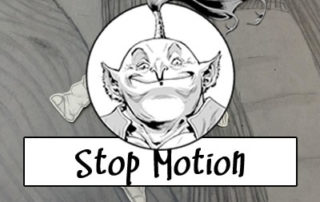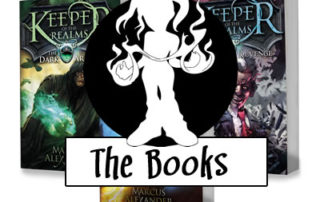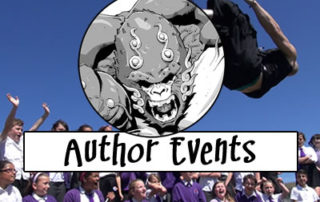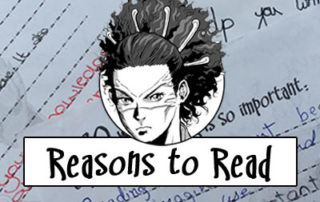You’ll find below what is hopefully the beginnings of the world’s greatest depository of tips to #GetKidsReading. I’ve reached out to Patrons of Reading, librarians, teachers, members of SLT, authors, bookstore owners and Champions of Literacy. They’ve all come together to share their tips, all of which have been proven to work with their students and children. Of course every child and teenager is different and doubtless they’ll have their unique reasons as to why they’re not picking up books but with such a large toolbox at your disposal I’m hoping you’ll find the key to unlock a beast-like appetite for reading in each and every one of your students (whoop-whoop!).
Marcus Alexander
Update: Oh my funky peeps, you’ve been amazing! A huge thank you for all your super fresh tips to get kids reading. (Please keep them coming!)
The Power of Peers.
Angmering School has a ‘Personal Trainers’ scheme.
Older students partner up with younger students/reluctant readers. Both the older and younger partner will meet first thing in the morning for sports activities (Parkour)! After which they’ll eat breakfast together, then they come to the library to read books together before morning registration. The older Personal Trainers act as a mentor and life coache during the younger students’ first year at school (when everything can be a bit scary and new). This approach has ensured that reading is seen by the newbies as cool and exciting and enjoyable and NORMAL.
Hilary Kemp
@2ndgenlibraria1
(Side note from Marcus Alexander – I’ve visited the students at Angmering School and joined in the Parkour sessions with the younger students. It’s worth noting that the older students ran this class. They were given training to become qualified Parkour coaches as a reward for mentoring the reluctant readers. This coaching qualification was a huge boon for those six formers who were looking ahead to a career in the fitness industry. I’m forever blown away by Hilary’s results and I love, love, love her Personal Trainer scheme!)
My top tip, based on what we do, is to pair students up and get reluctant readers working regularly with student leaders. The student leaders. who always read positively, nurture other less confident readers. I know this happens in primary schools, but we do it up to Y10 in secondary.
Colin Baxter
Thomas Deacon Academy
Get kids recommending the books that they love to their friends.
Also worth mentioning: getting kids to design their own book covers and making their own book trailers,.
Keren David
@Kerensd
My tip to #GetKidsReading: Book reviews and recommendations created by children and done in visually creative ways; through posters and videos etc is a powerful way to maintain an interest in reading.
Gareth Baker
@GarethBakerPoR
All young students idolise their six formers. They want to be like them and they want their praise, more so than any that comes from an adult or teacher. This is such a powerful instinct it would be almost criminal not to take advantage of this! Get your elder students to mentor your younger students. Two or three 15 minute shared reading sessions per week can reap real wonders. (If I’m setting up a reading buddy program at a school I’m visiting I’ll up the ante and bribe the six formers with a written reference towards their C.V as a reward for their mentoring work).
Marcus Alexander
@getyourreadon
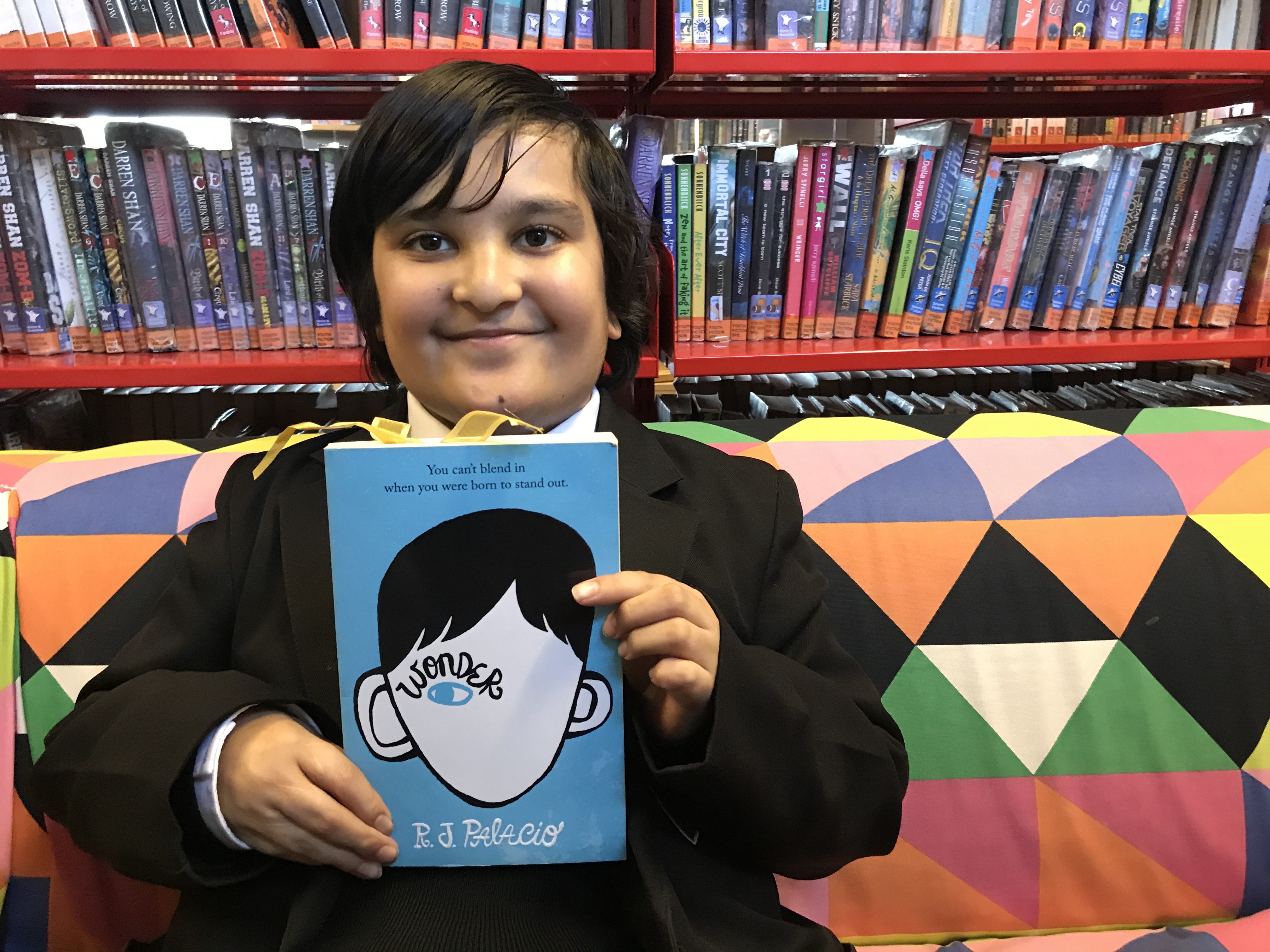
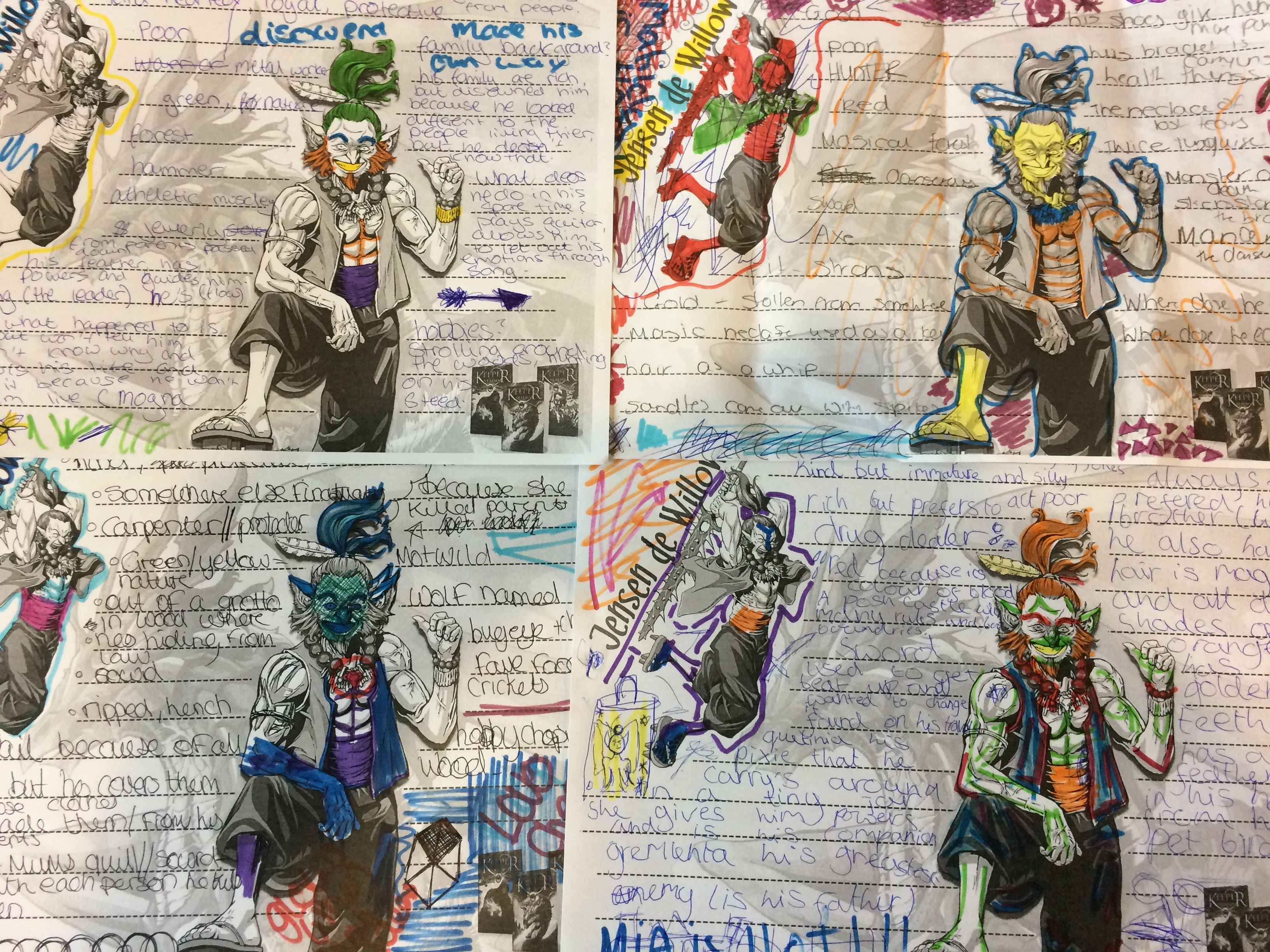
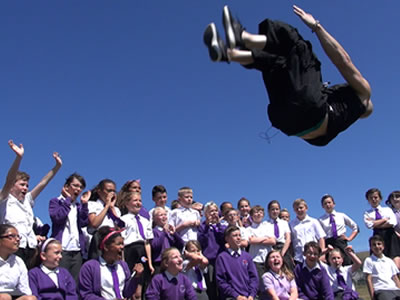
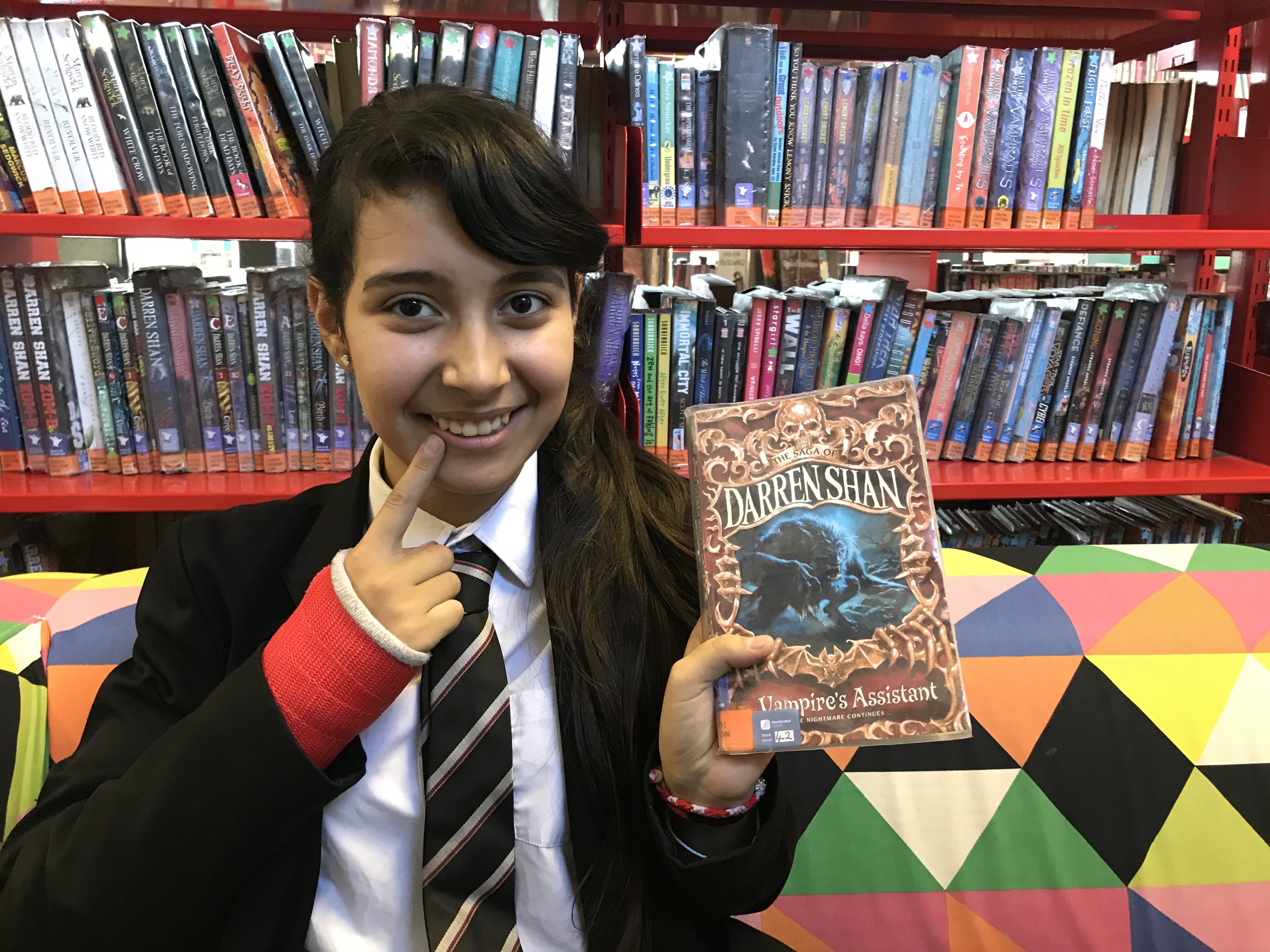
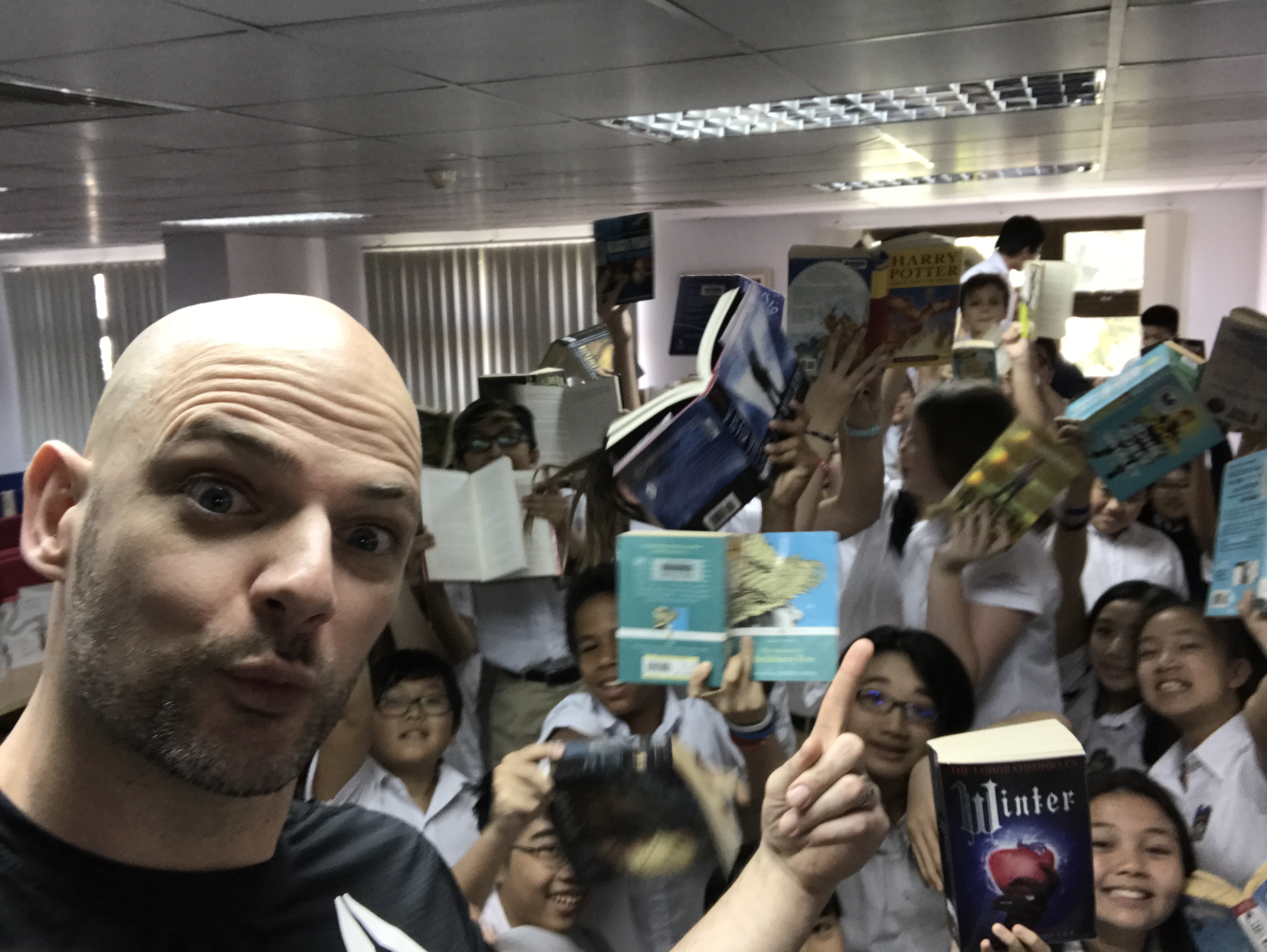
Reward/Bribey.
Rewarding those that get ‘caught’ partaking in the Get Caught Reading scheme. Take photos of the children that participate then nominate a child to randomly pick one of the photos – with closed eyes! – then award £10 book vouchers to those chosen. Initially, students want the voucher, and will pretend to read, but over time this changes.
Nikki
@libraryninja
I’d have to say good old bribery and corruption! Incentives and rewards if students do well with reading and with book quizzes. We use Renaissance Learning and if a student gets 10/10 on their quiz or 9/10 they receive a prize or an incentive.
Debbie Leavy
The King Edmund School
Oh, one last thing. I live near the medical center in Houston, and at the cancer center, patients who finish treatment get to ring a big bell and it’s a huge deal. I would LOVE to implement that in my room as well to celebrate every reading success.
Melinda Kramm
@MelindaKramm
I use pimped out character posters to tie the gaming concept of ‘levelling up’ to a reading challenge. Each time a student masters part of the challenge a level is ticked on their poster. As they continue to read more their character gets extra ticks indicated that they’ve levelled up. Character posters are displayed on a wall allowing all participating students to see how they’re fairing compared to others. The competition and natural tie-in to gaming (a concept familiar to all students) works well and to encourage continued growth students are given small prizes (custom bookmarks, badges, pimped A3 posters) each time their character reaches a specific level.
Marcus Alexander
@getyourreadon
Psychological Ploys.
Make a list of ‘banned’ books and put big red stickers on the covers saying ‘do not read’. They will be dead keen to read em!!!
Matt Dickinson
@Dickinson_Matt
Keep some of the more ‘adult’ books behind the desk to stir up interest!
Nikki Sheehan
@NicoletteShhh
In terms of reaching those reluctant or dormant readers, I have found that Book Talks are the most powerful motivators. I book talk, of course, but when I match a reader to a non-reader I have to consider interests, personalities, genres, etc. So I tell the kids, ‘Stand up if you are reading a book. Stay standing if you are reading a book you are loving.’ Then I say, ‘Work the room to sell your book.’ They have been trained on the elements of a good talk, so they know what to include in their presentation.
Melinda Kramm
@MelindaKramm
Reading, by its nature, is a solitary activity and yet the majority of teens are sociable creatures. Make library lessons fun by incorporating activities that enable them to share and talk about what they’re reading. Reading in silence and then filling in a personal log book is not the way to engender a love of reading.
Barbara Band
@bcb567
For Halloween I trialled a lucky dip box that I called the ‘Little Box of Horrors’ where books were covered in black wrapping paper and placed in a spooky looking box. Even though the students couldn’t tell what book (or even what genre!) they were choosing library loans went through the roof! I simply couldn’t wrap enough books in time to keep up with demand. The kids loved it so much I’ve turned this into a seasonal thing and do similar lucky boxes at Christmas, Valentine and other holidays.
Anne Underwood
@annieofruislip
In the past we’ve done a reading paper chain. Read a book, write the title, author and brief comment on a strip of card then link it with a friend to form the start of a paper chain. At the end of the year, go outside and measure chains with other classes.
Sharlene Brown
Three Bridges Primary
I do talks on careers information; ‘what do you need to become a physiotherapist?’ etc. This always is a good one and they will then pick a book and read from a genre they would normally never choose!
Kathryn Clark
John Colet School
If a student isn’t reading, find out what their heart’s desire is; their ultimate dream. Whatever it is congratulate them (get hyped!), share their excitement and reassure them that their dream is realistic. After all, if other people can achieve their heart’s desire then this student is every bit as capable on the provision that they work hard and apply common sense (success never comes free)! Once the student acknowledges that hard work and common sense is needed, start linking their ambition to reading. For example, if a student wants to become a football player look to the knowledge that a football manager would expect potential apprentice players to have:
-team tactics and football strategy,
-football history,
-an understanding of the human body and its energy systems,
-how famous football players overcame the odds and got signed,
Ask the student to create a written (or drawn) timetable of the books and knowledge they need to digest. Get them to be super creative with their timetable, make it fresh, funky, colourful and unique. Once the student has made a list of the knowledge take them to the library or bookstore and have them find the books they need.
Check in with the student on a weekly basis to see how they’re progressing.
Test their knowledge and provide some rewards or hype for consistency.
Marcus Alexander
@getyourreadon
Match books to a child’s interests.
Andy Seed
@andyseedauthor
I talk about non fiction; ‘whatever you want to be, whatever you want to do, someone’s written a book about it – go and find that book’
Joffre White
@JoffreWhite
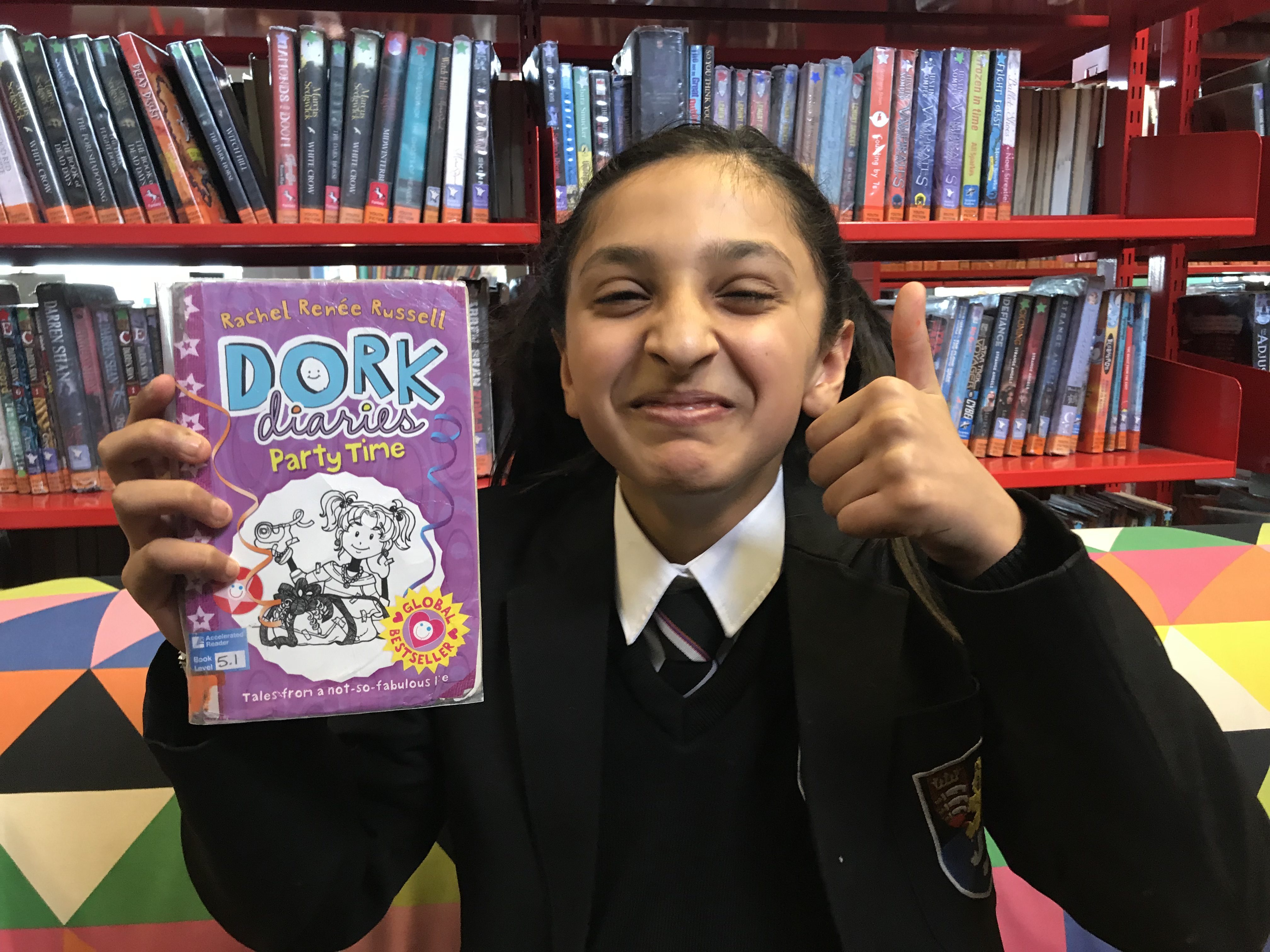
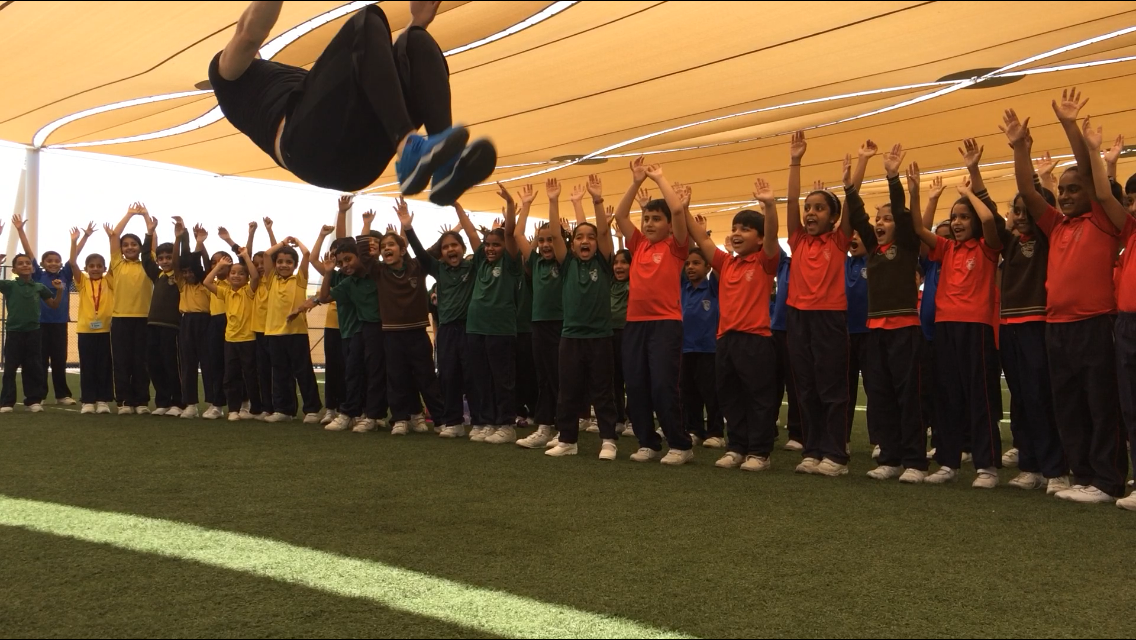
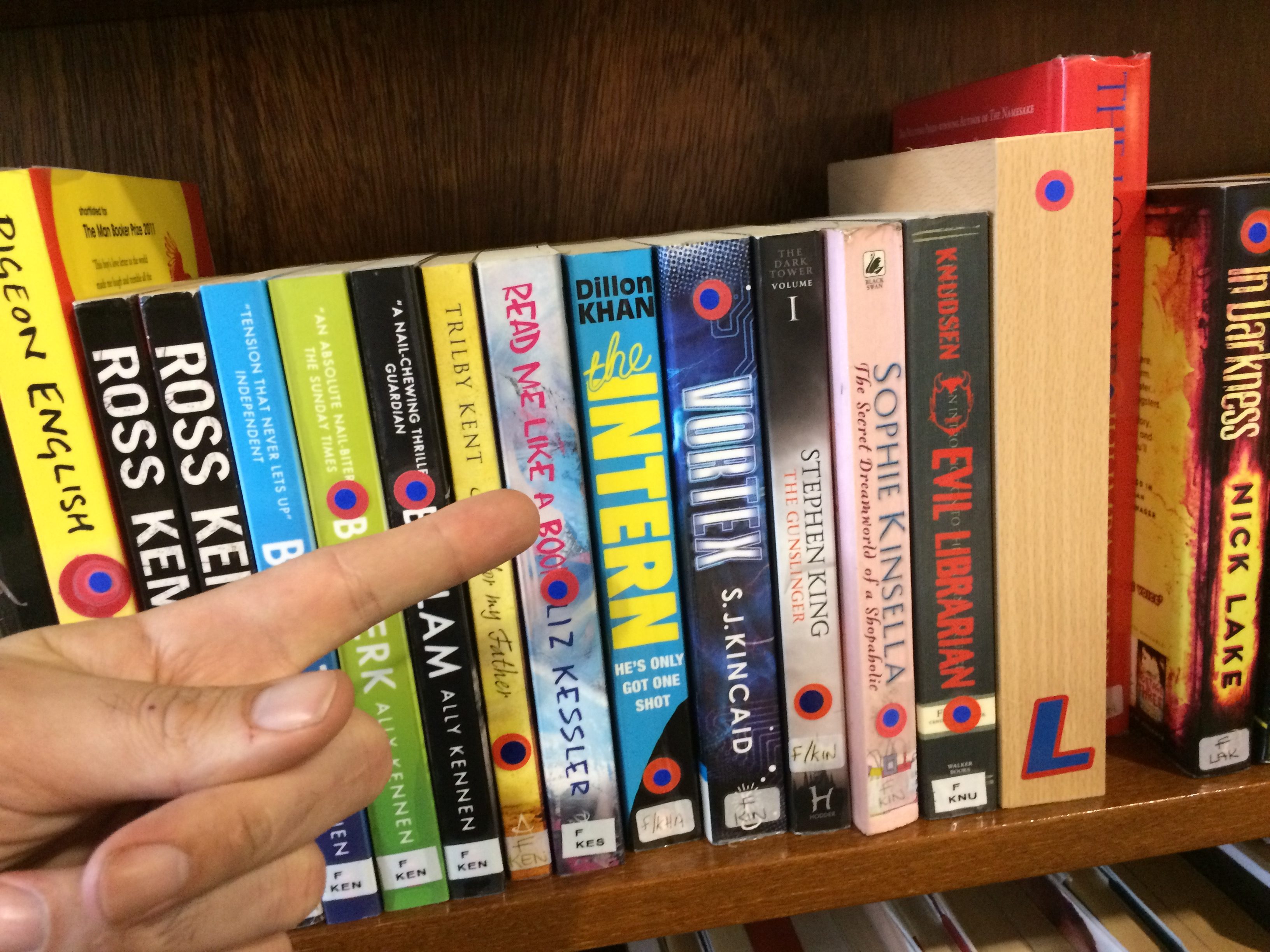
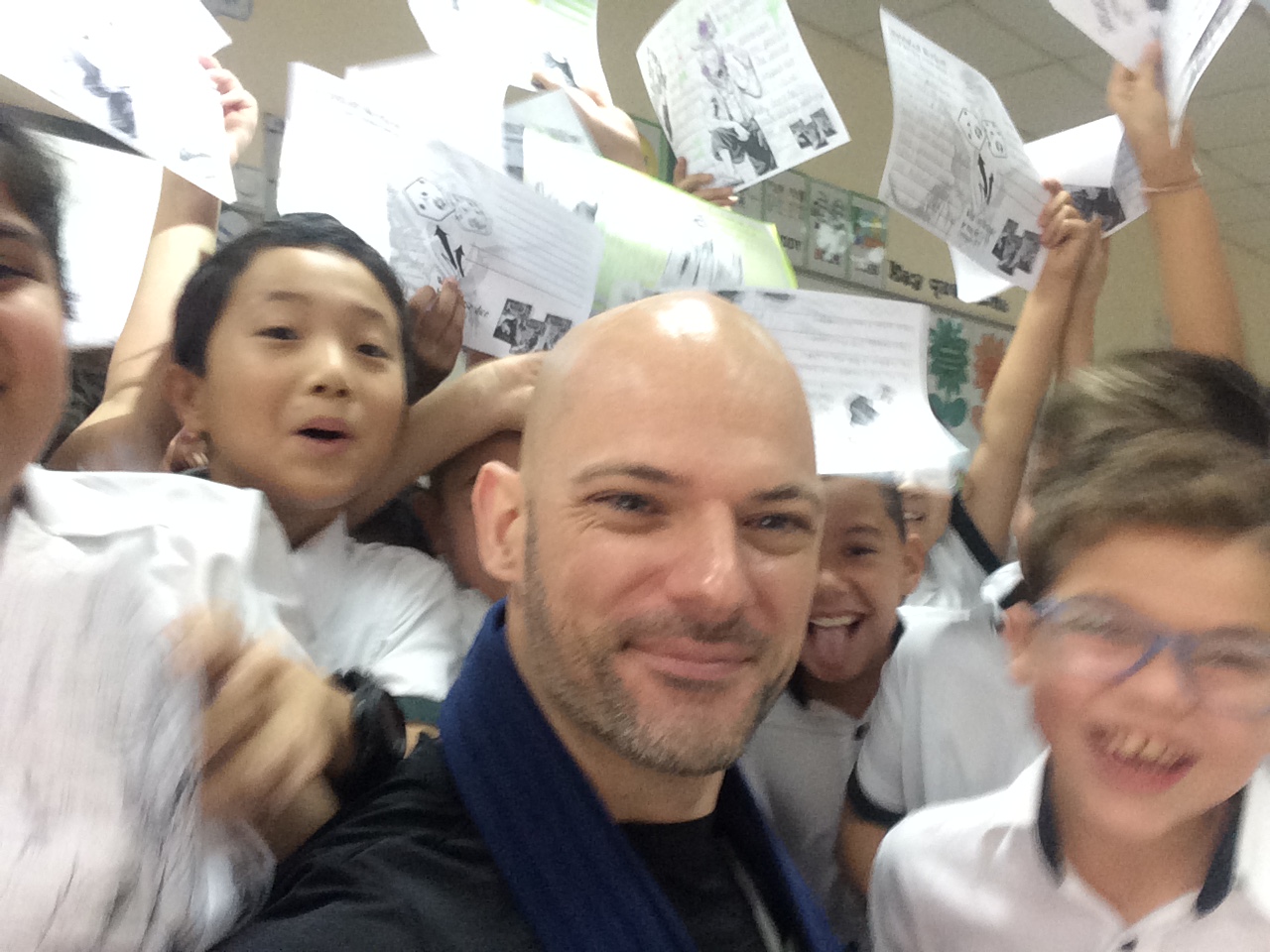
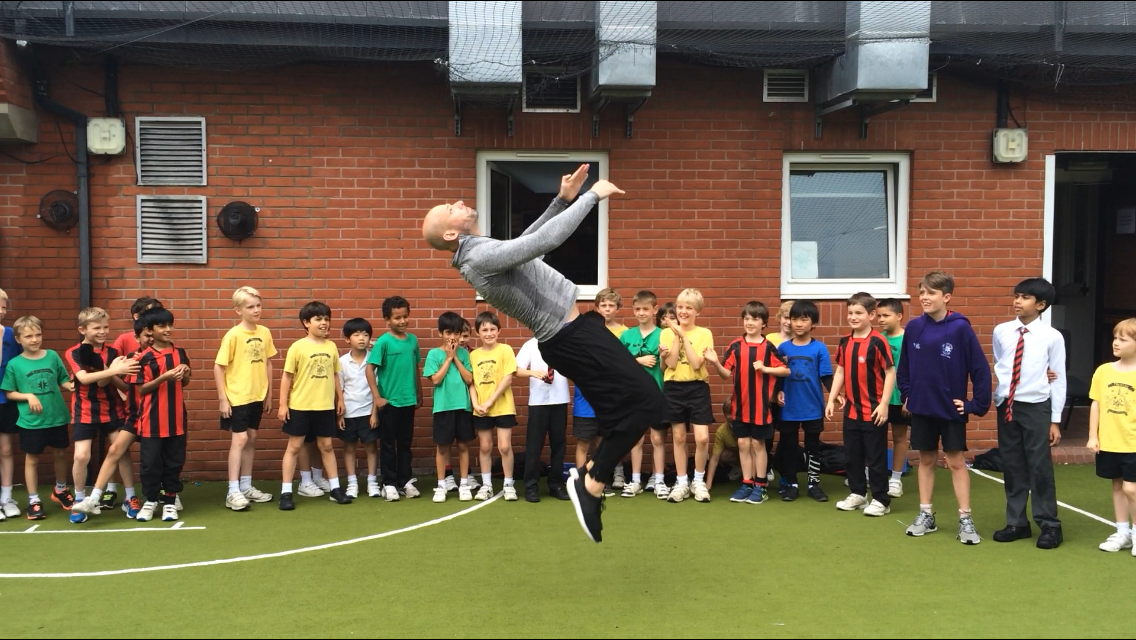
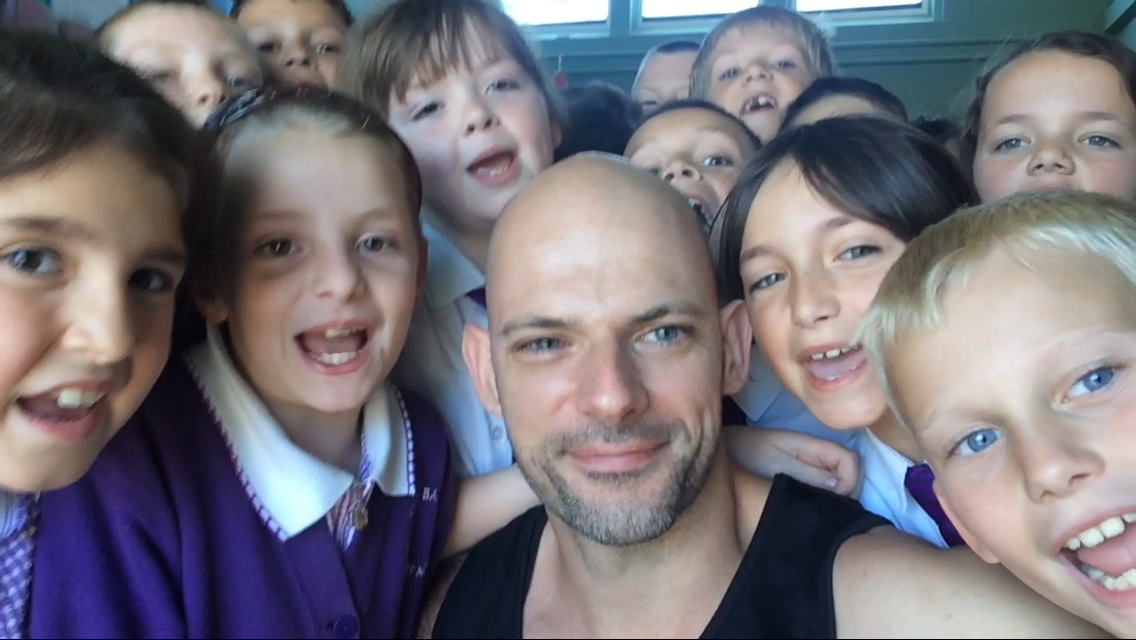
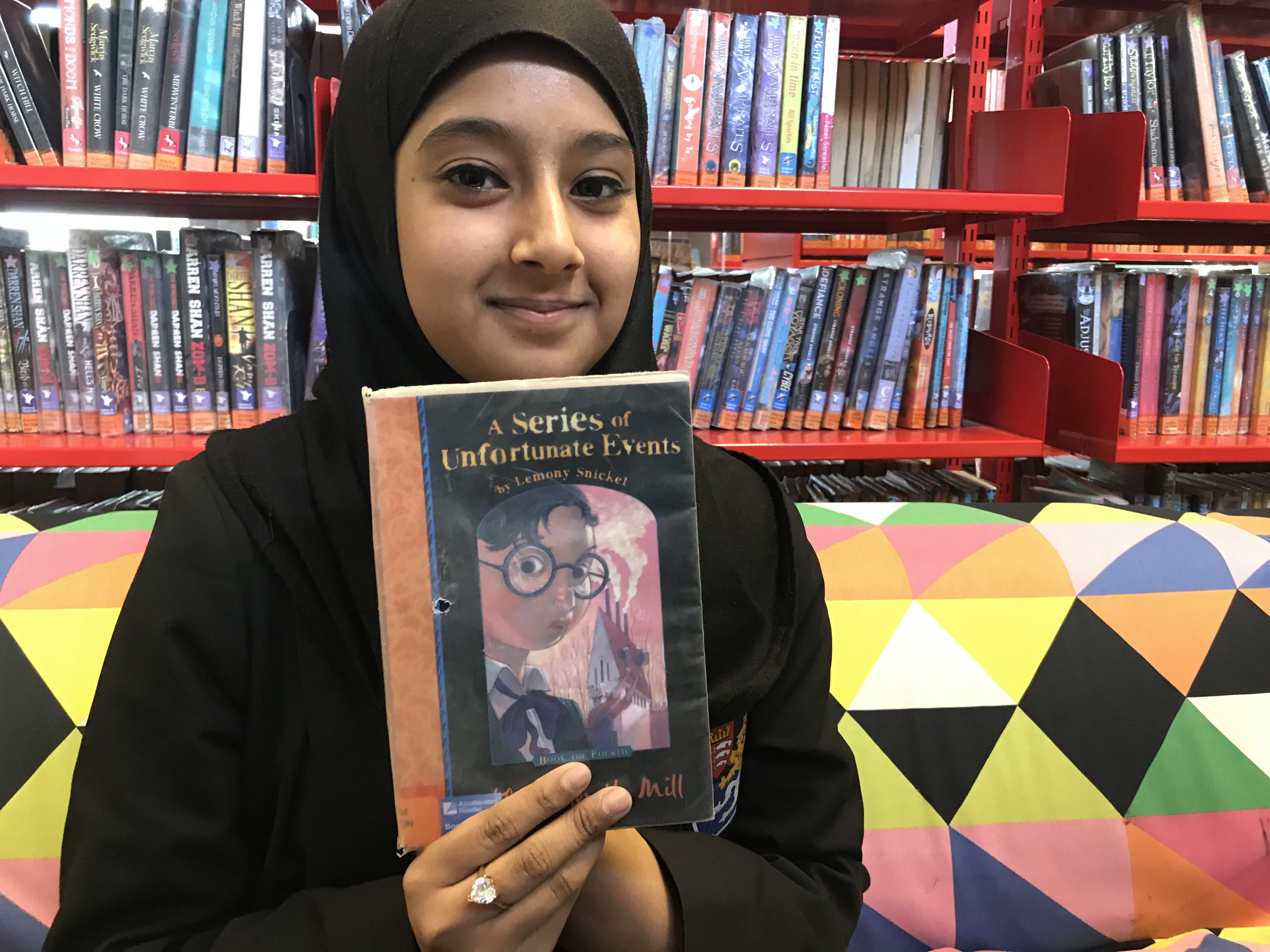
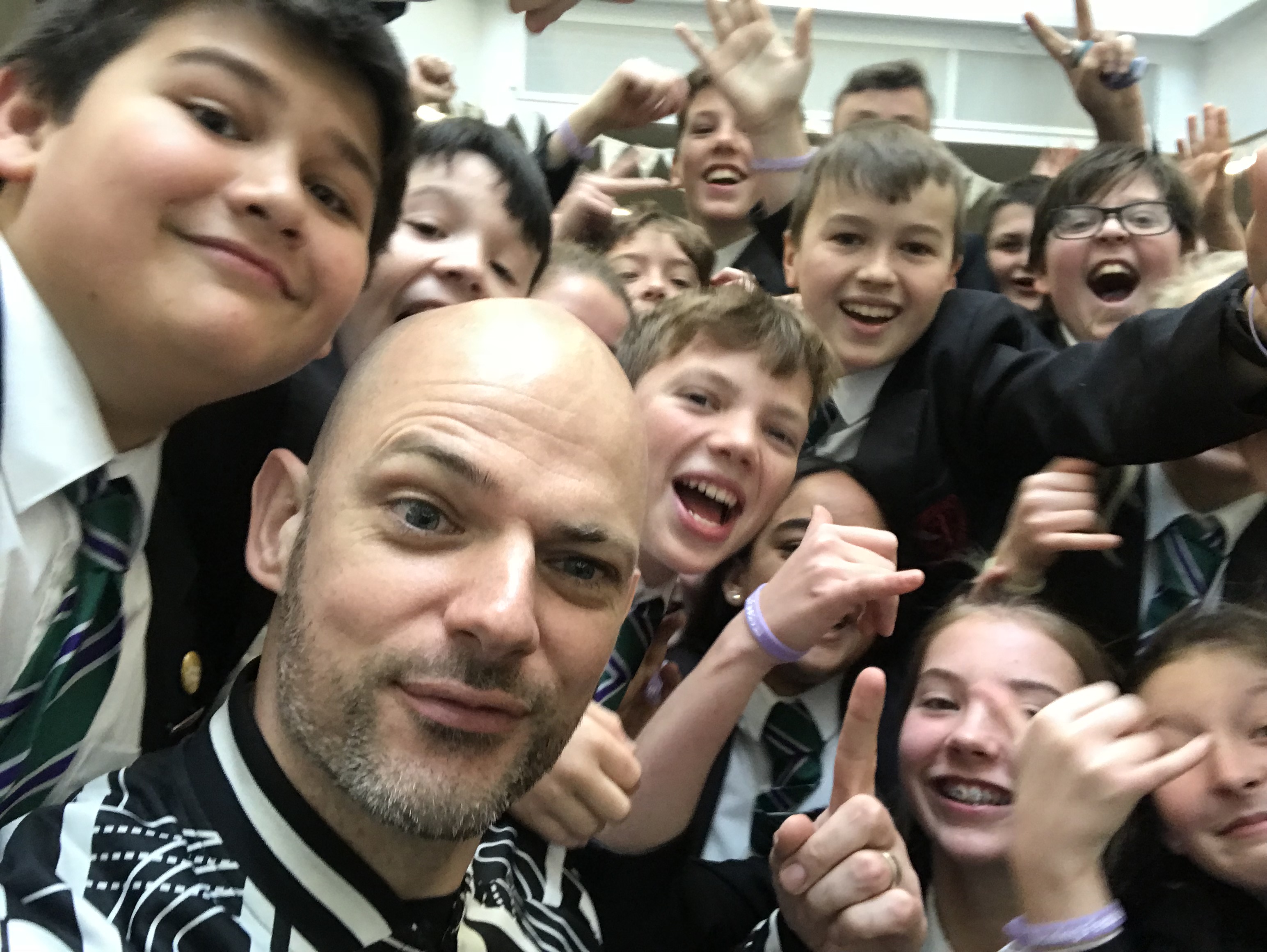
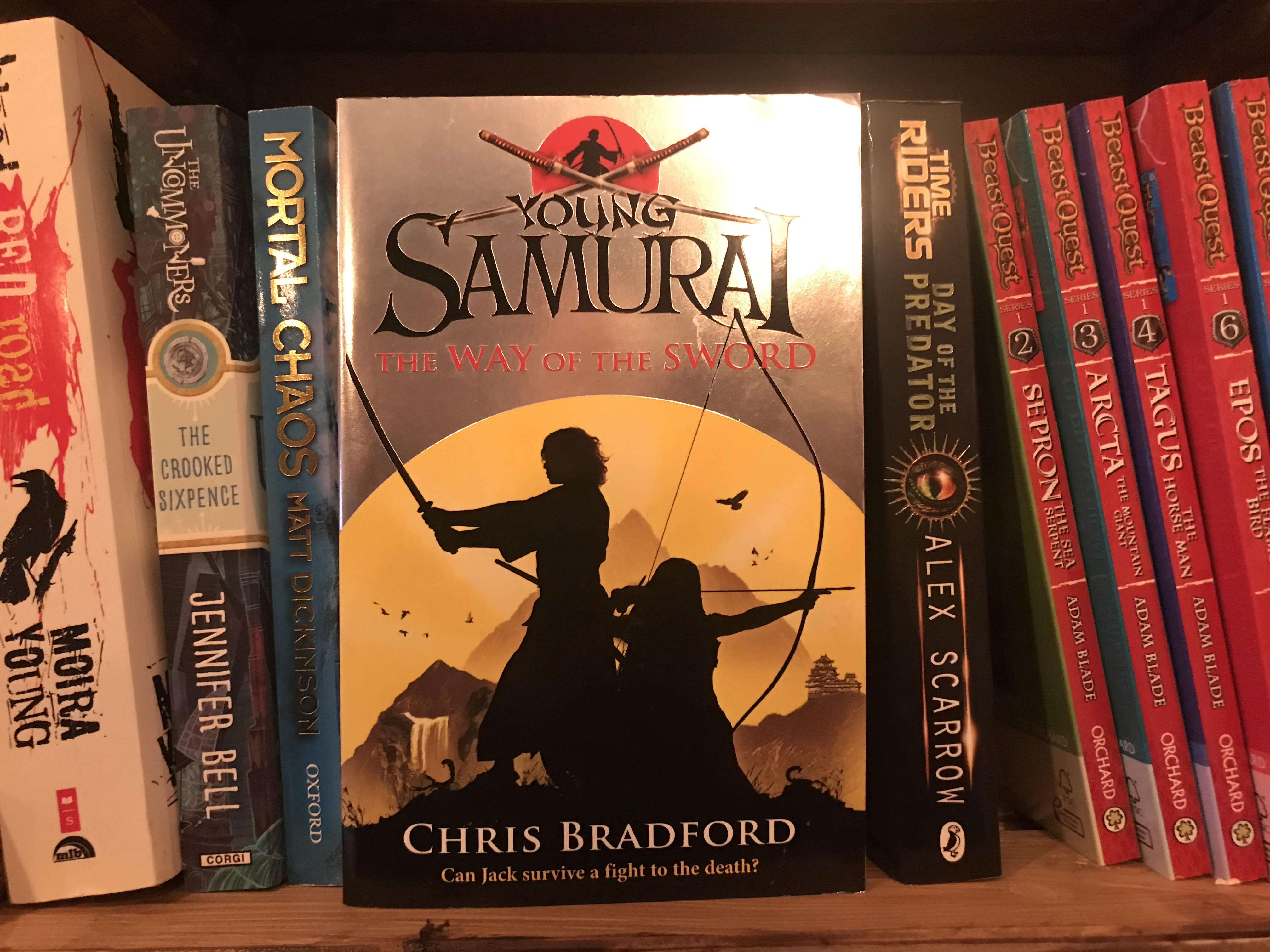
Environmental Tips.
Make reading visible – the school library is a natural hub for encouraging reading. Make libraries inviting and contemporary with bean bags and soft seating areas. Use displays, posters, book events and author visits to promote reading and books.
Debbie Kennedy
Wilmington Academy
From a lifetime of school visits I recommend:
beanbags and light in the library,
a section for graphic novels,
and reading to children.
Sophia Bennett
@sophiabennett
Create quiet and avoid distraction.
Joffre White
@JoffreWhite
Grownups often tell children to sit in a chair and read but I find stories speak louder when read behind curtains, under tables and even up trees.
Abi Elphinstone
@moontrug
In order to read at bedtime kids need READING LIGHTS. Most don’t have these.
Joe Craig
@joecraiguk
I pre-order all new and popular authors so I can get them in the Library immediately.
Change displays regularly to make things interesting.
Kathryn Clark
John Colet School
Make books as easy to fall over as it is to find your phone in your pocket. Have stashes in the loo! Allow reading at meal times! I want to make it as easy as possible for our kids to be seduced into picking up a book. The first step in achieving this is to make books easily accessible and as ubiquitous as possible.
Zoe Toft
@playbythebook
Culture.
Create a whole school reading culture:
create bookswap boxes,
allocate a playground reading hut,
show films based on books,
dramatise a book,
create reading clubs,
allocate times for reading picnics and library visits.
Cathy Cassidy
@cathycassidyxx
Show the kids in your life your love of books. Read to them and with them. Talk about books and read lots of different stories to them.
Sara Grant
@AuthorSaraGrant
Model reading through:
staff seen reading in school,
DEAR time (Drop Everything and Read) at the start of lessons to settle children in class and help raise the profile of the importance of reading.
Debbie Kennedy
Wilmington Academy
You need school staff to talk about reading with students so that it becomes part of the secondary school culture, not just for ‘geeks’. Reading needs to be talked about in assemblies and in lessons. Recommendations should be displayed and reading groups put into place. Many schools have ‘I am reading’ posters for staff, but we need staff to be role models.
Nikki
@libraryninja
In addition to books on shelves I try to leave all sorts of reading material lying around (on library tables, on low tables, on shelves, everywhere not just arranged normally on the shelves). Examples are:
style magazines,
career magazines,
The Big Issue,
articles on current issues e.g. plastics,
books of records e.g. Guinness, Ripley’s etc.
Kathryn Clark
John Colet School
Have plenty of reading materials around: magazines, blogs, manuals, annuals, audio books, poetry, joke books, graphic novels (and appropriate books too of course) but make sure you model reading yourself! Reading should never be a chore so if a child does not want to read a whole book, give them extracts, articles and short pithy things to read instead or alternatively allow them to listen to audio books. They’ll soon find a genre or author they enjoy and then, ta-dah! books into hands!
Alexandra Maycock
Best Bedfordshire Schools Trust
Make it fun, make it special, make it for everyone!
Ally Sherrick
@ally_sherrick
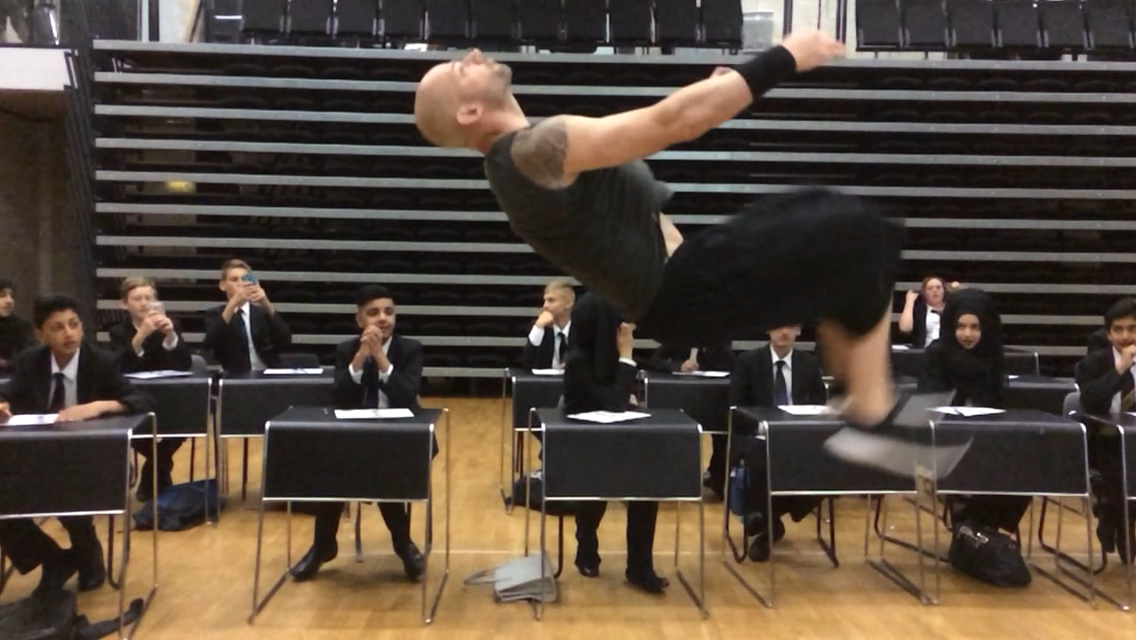
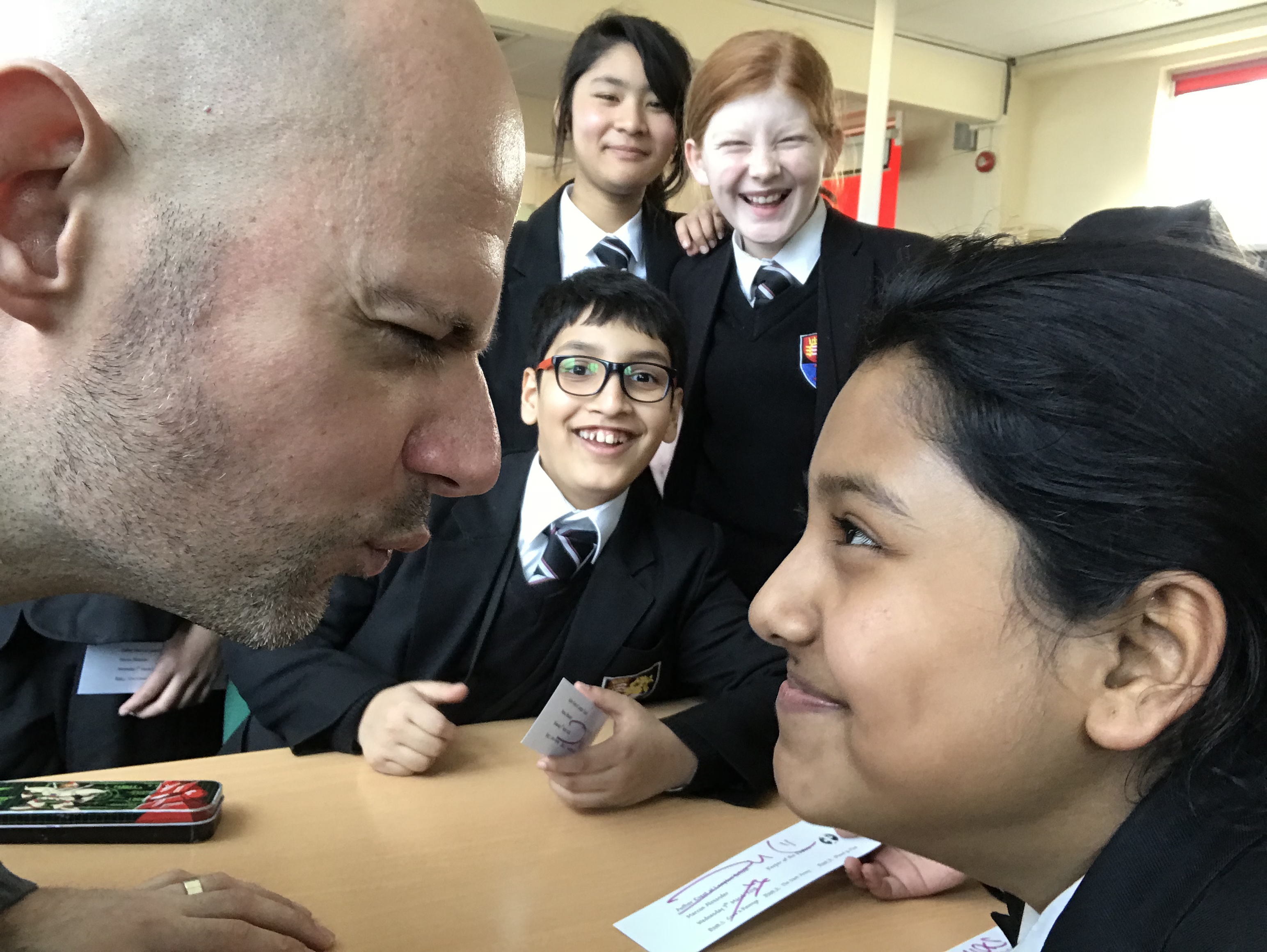
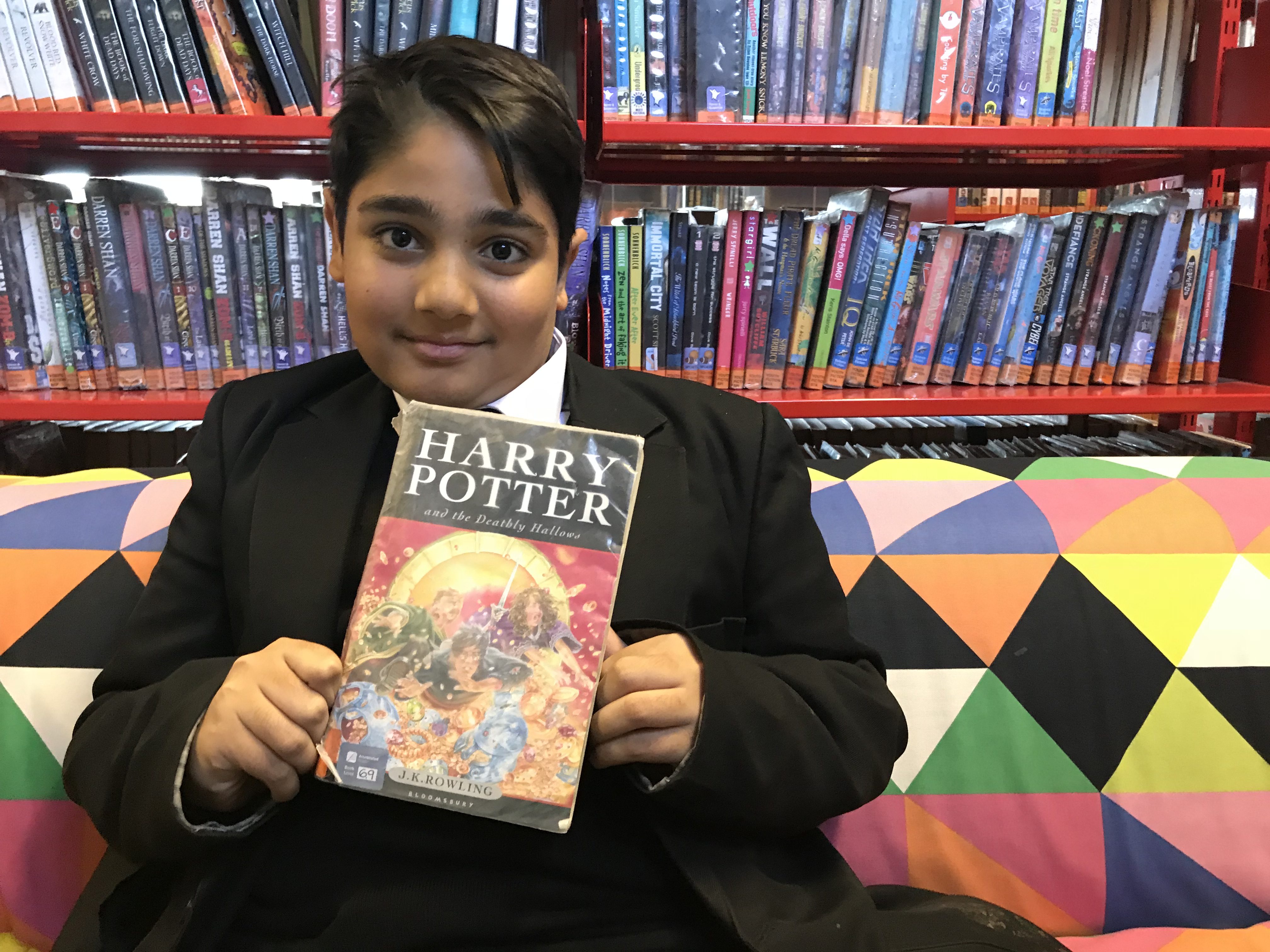
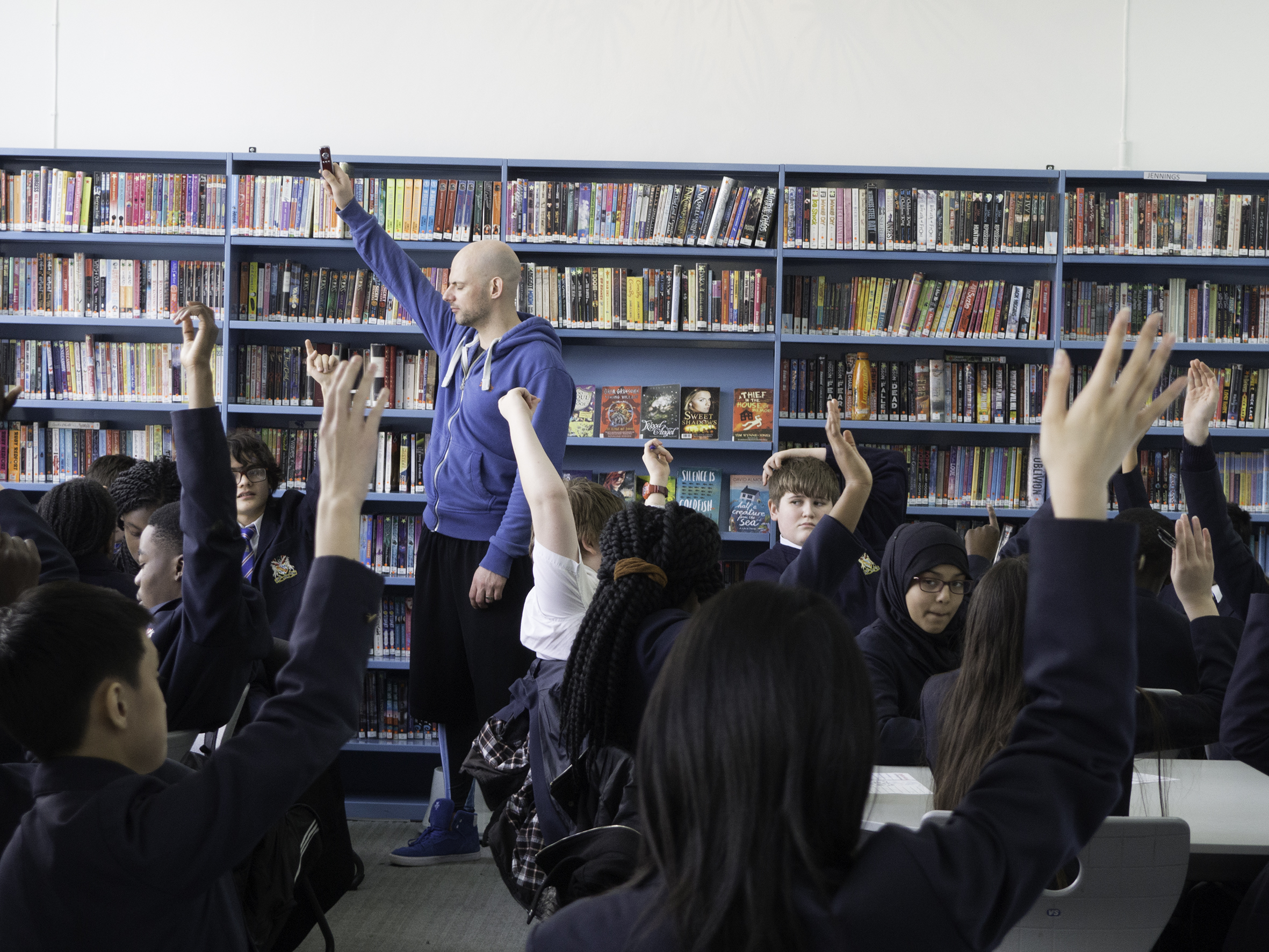
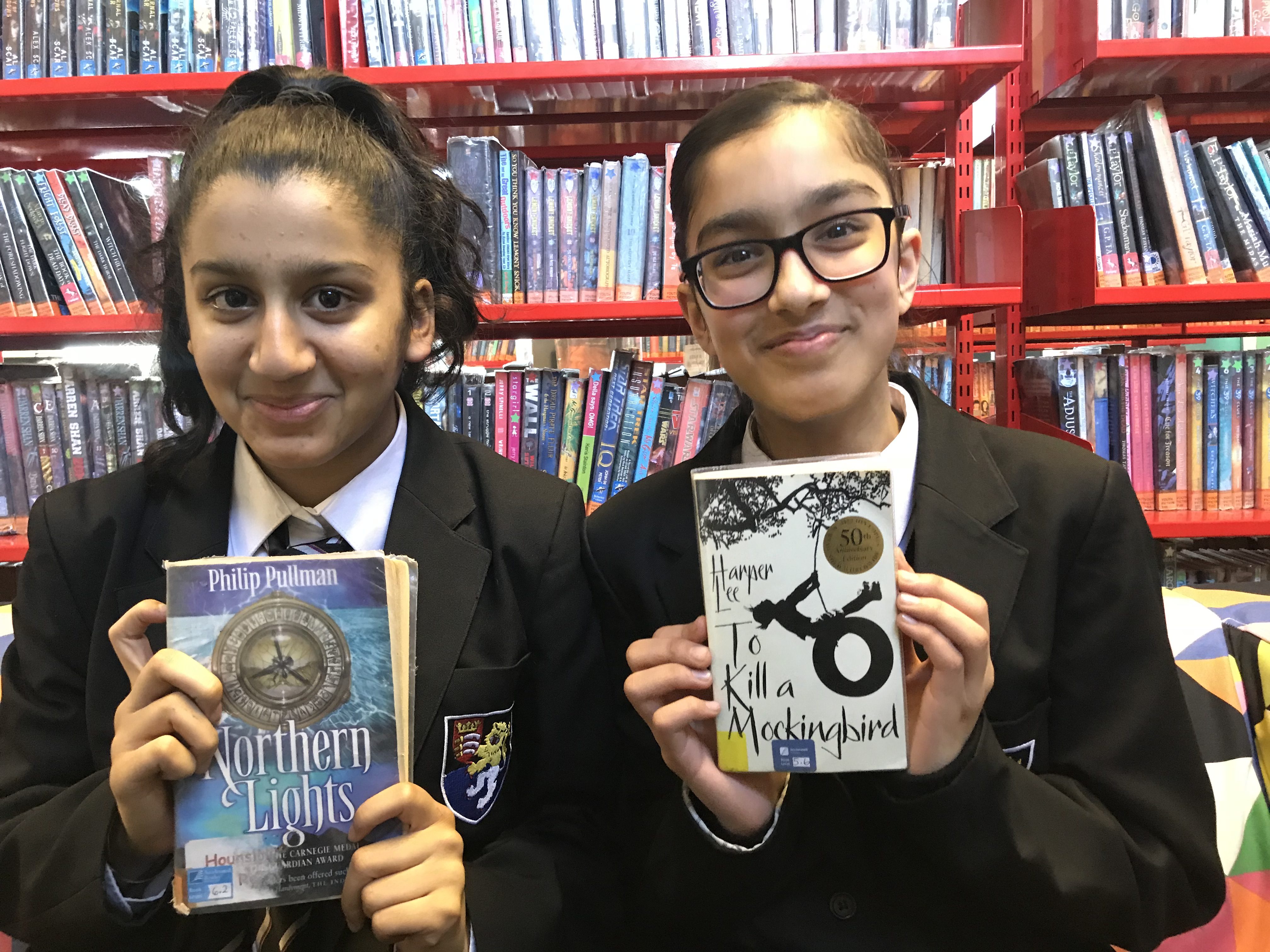
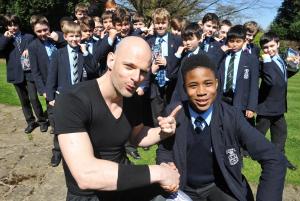
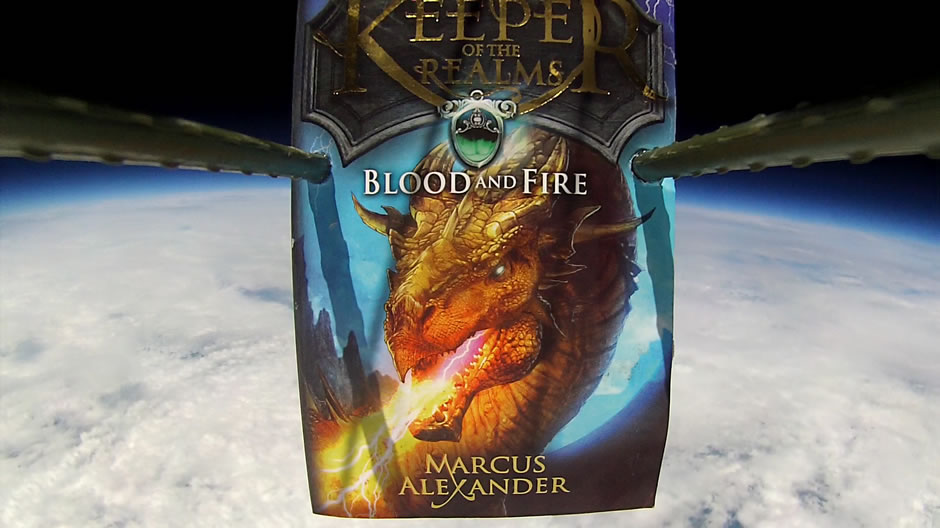
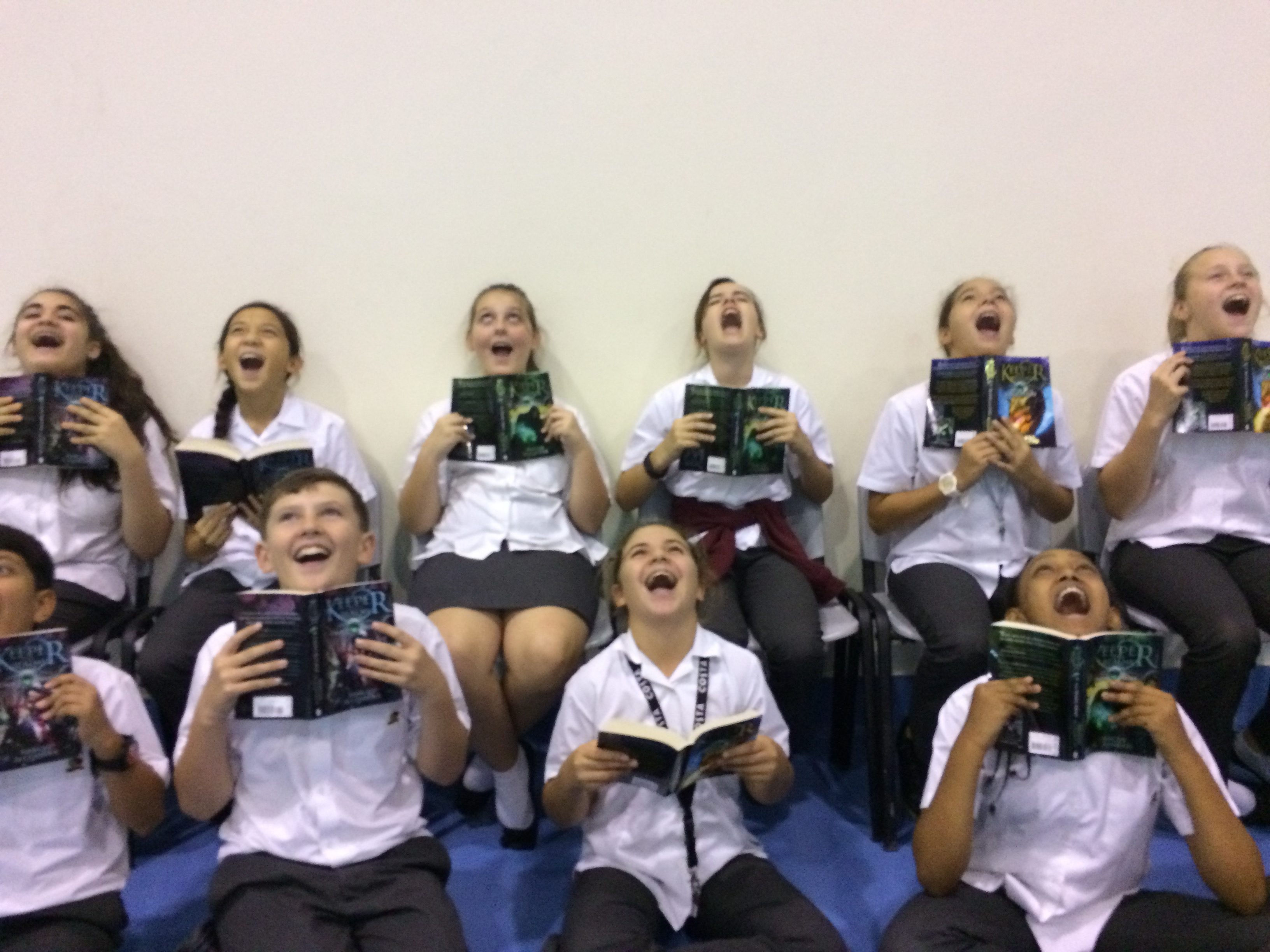
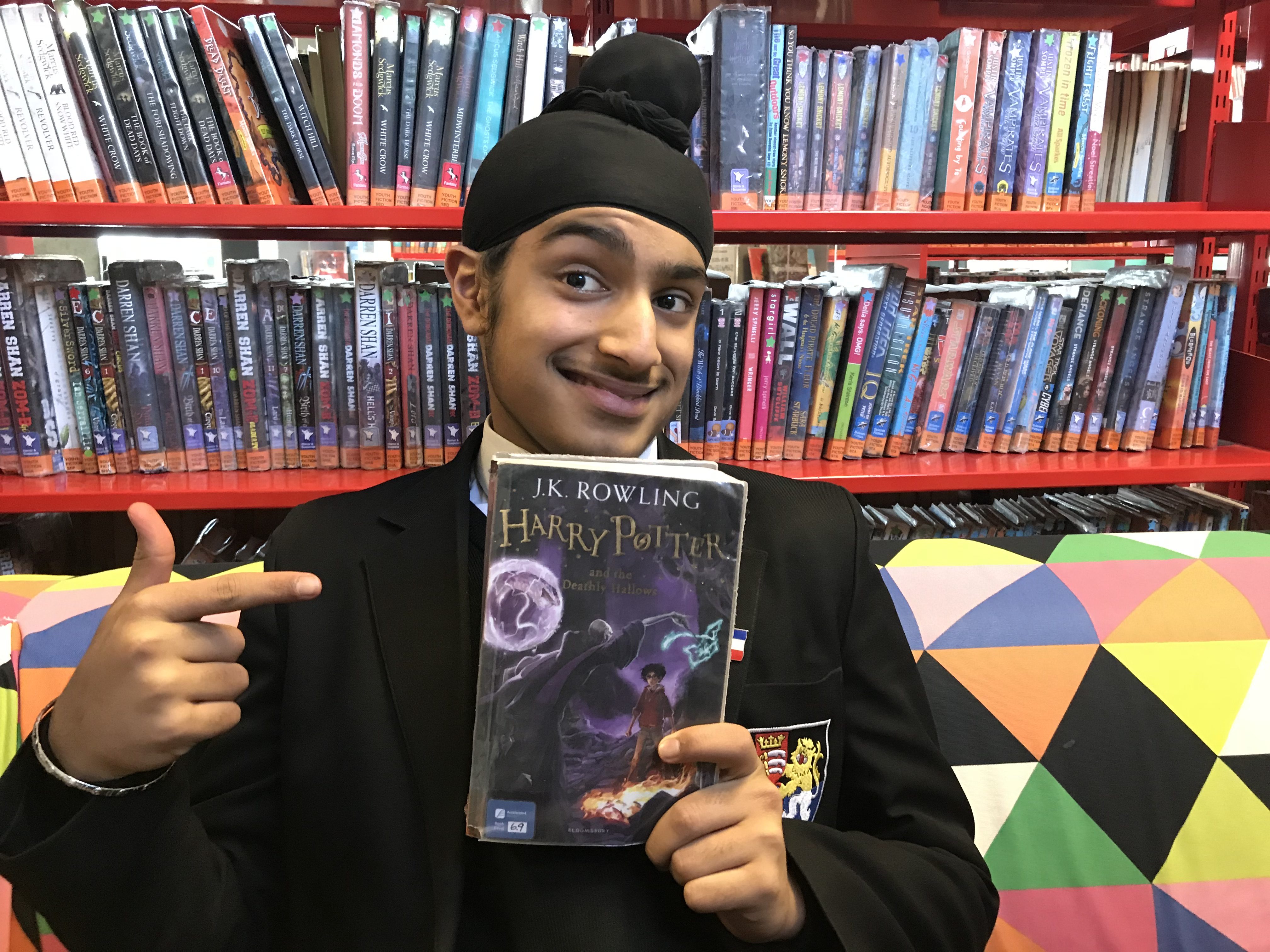
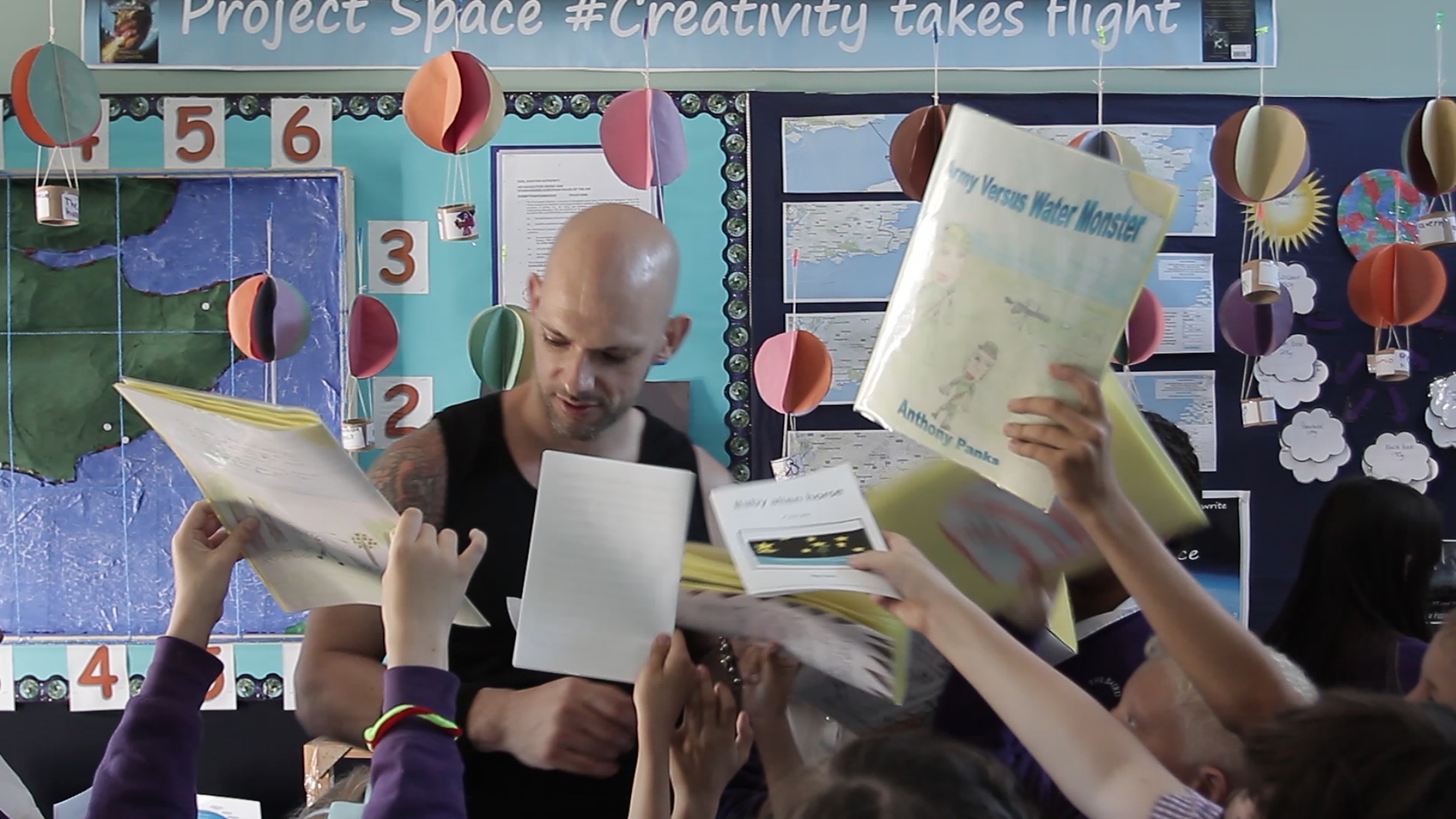
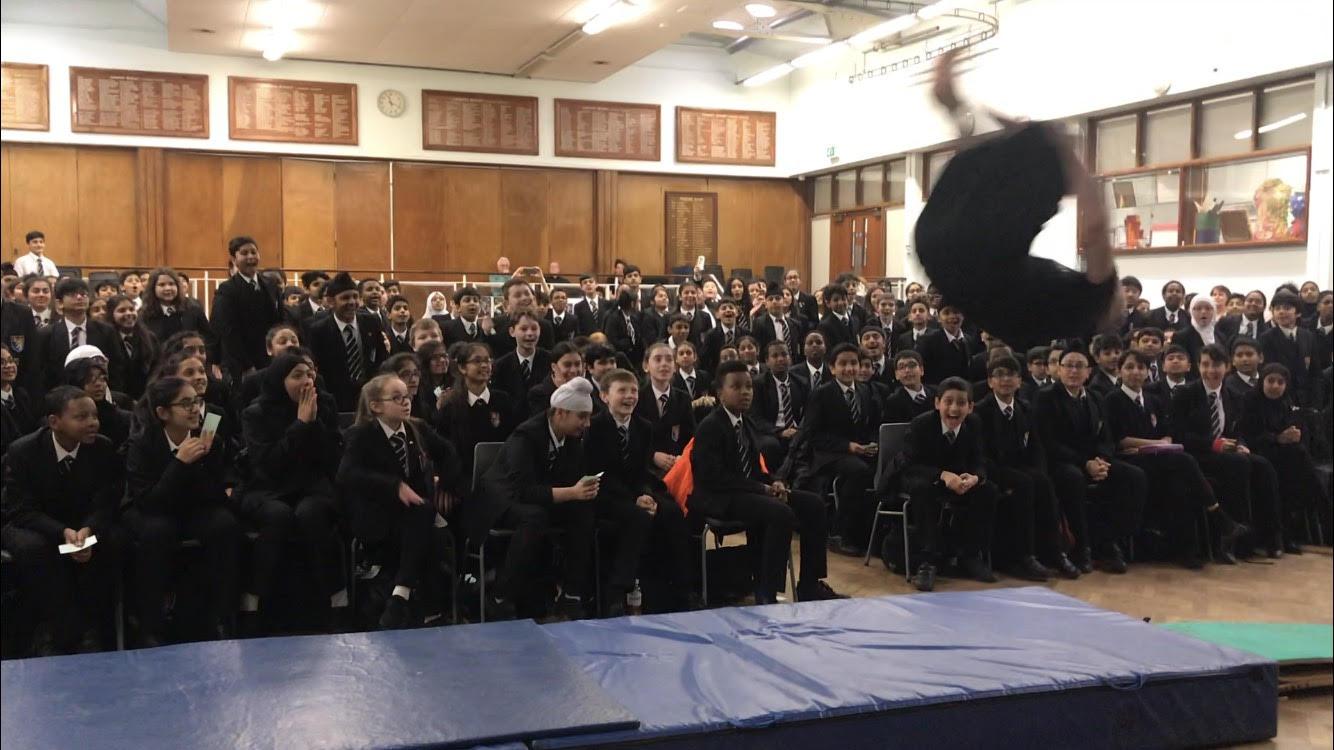
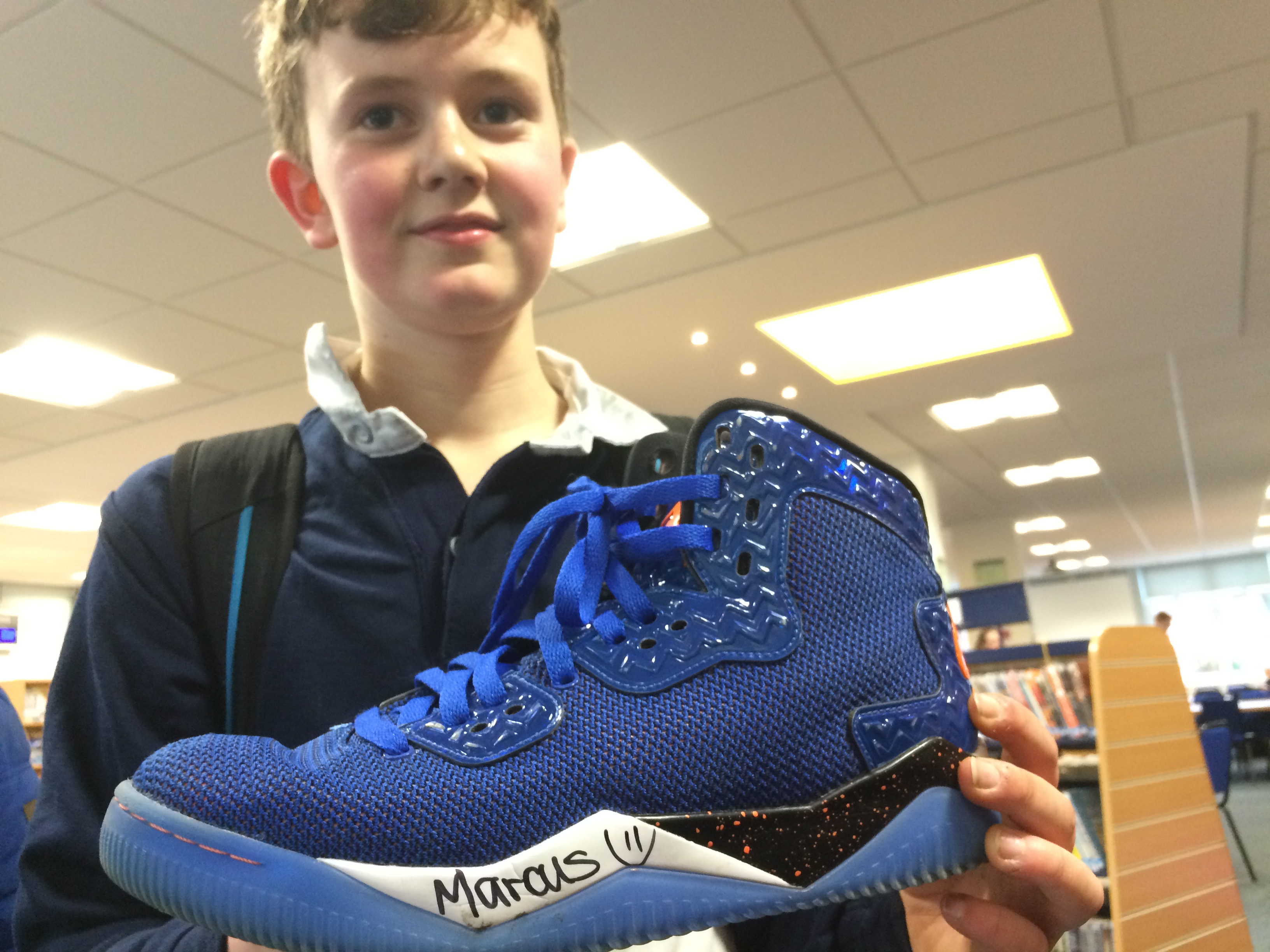
Freedom of Choice.
Our best tip is for children to go to their local library or a bookshop and choose for themselves. Let them get lost amongst bookshelves and never, ever judge what they’ve picked.
There is a lot of pressure for children to constantly read at their level or above. Children will often gravitate towards books that they have read a while ago trying to rekindle that relationship with their beloved books. The enjoyment of revisiting old favourites (often below their ‘assigned’ reading level) in order to build reading confidence should not be underestimated.
Tereze Brikmane
Tales on Moon lane Bookshop
Allow them to go online and select the books they want to read. We shop together and wait for delivery. When the box comes make a big thing of it. Allow them to rip open the boxes like it was Christmas day and let them organise and the label the shelves as they see fit.
Sharlene Brown
Three Bridges Primary
Have books that children will like – not those that well meaning adults think they should like ( or those that win all the prizes!)
Paul Cookson
@paulcooksonpoet
Well-meaning adults kill reading for pleasure by making kids ready ‘worthy’ (aka boring) books…Let them read what they want!
Dan Smith
@DanSmithAuthor
Let them choose.
Andy Seed
@andyseedauthor
There is never a wrong book for a child to read.
Eglantine Price
@JennyLeeTong
Try anything! Magazines, graphic novels etc. Don’t worry what everyone else is reading or what books you’re ‘supposed’ or ‘expected’ to read. If you’re not feeling it move on to something else!
Ellie Irving
@Ellie_Irving
Don’t be prescriptive about reading. Provide a wide choice, and be seen to enjoy that choice as an adult. Have a book with you always.
Linda Newbery
@lindanewbery
Don’t listen to book snobs who say you should read different books or more challenging books. Read what you love. Reading is for pleasure!
Karen McCombie
@KarenMcCombie
IGNORE anyone who tells you a book is too young, too old, too easy or too hard for you. Read the books you want to read.
Laura
@272BookFaith
Have a wide range of reading material for students to choose from – books (fiction and non-fiction), graphic novels, magazines, newspapers…at different ability levels.
Let them choose what they want to read and don’t be judgemental about their choice. It’s “their” reading, not yours. They need to hear and believe the message that all reading is important and valued.
Barbara Band
@bcb567
Finding the right resources – when it comes to reading the emphasis is firmly on the reading of fiction. Boys in particular often favour non-fiction and given the choice will overwhelmingly go for factual material. Let them read what they enjoy graphic novels, manga, magazines, blogs, non-fiction (Guinness World Records, biographies etc).
Debbie Kennedy
Wilmington Academy
Finding the books they want –fic or non fic. Non fic doesn’t involve chapters and so can have more appeal for reluctant readers
Wendy Levingstone
Brent libs
Let them read anything. Anything and everything. Classics, graphics, comics, fanfiction, football programmes, motor manuals, cereal boxes… It’s all reading. Don’t judge. Don’t comment negatively. Be grateful they’re reading at all.
Gill Ward
Fortismere School
Put absolutely no pressure on a child to pick up a book!
Alexandra Maycock
Best Bedfordshire Schools Trust
Never forget, books aren’t chains; you can walk away at any time, so why not take the risk to pick one up and try it. If it doesn’t hook you, you’ve absolutely got the right to put it down and move on.
Zoe Toft
@playbythebook
Using your Voice & Audio.
My #getkidsreading tip would be to listen to audio books (& read along if you want to). Stories are best read out loud!
Rhian Ivory
@Rhian_Ivory
I think reading together is really powerful. Become the characters, do the voices and have fun together!
Caryl Hart
@carylhart1
Read aloud and allow the kids to just relax and listen!
Michaela Morgan
@MichaelamorganM
Reading books is not the only reading. Looking at comics, computer screens & listening to audible stories on CD & MP3 is also reading.
Matt Imrie
@mattlibrarian
My best tip is… READ ALOUD MORE (especially chapters ending on a cliffhanger)! Taking the slog/compulsion out of reading and instilling the DESIRE to read on is crucial.
Forrest Alison
Orley Farm Prep School
Read to them.
Andy Seed
@andyseedauthor
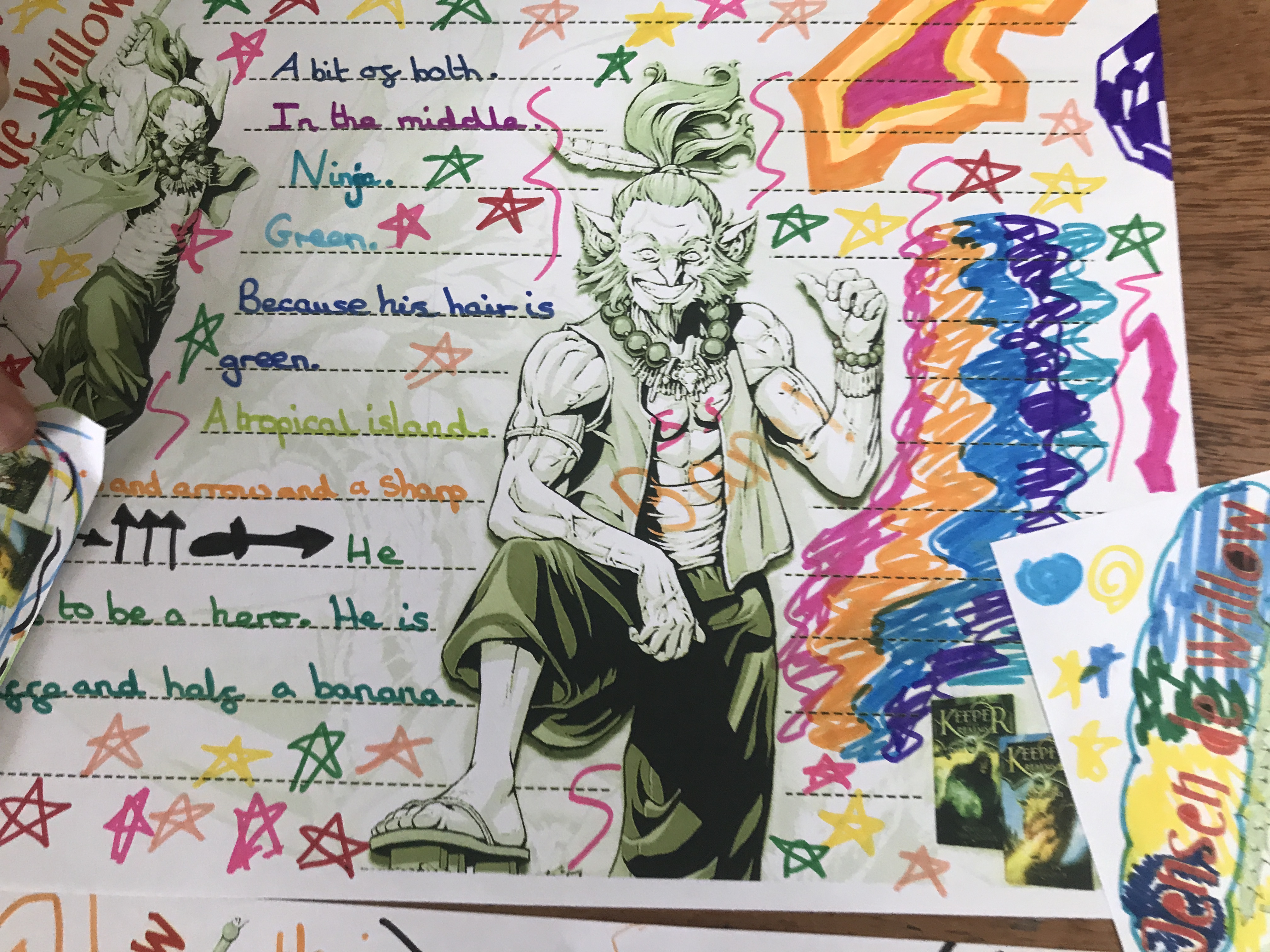
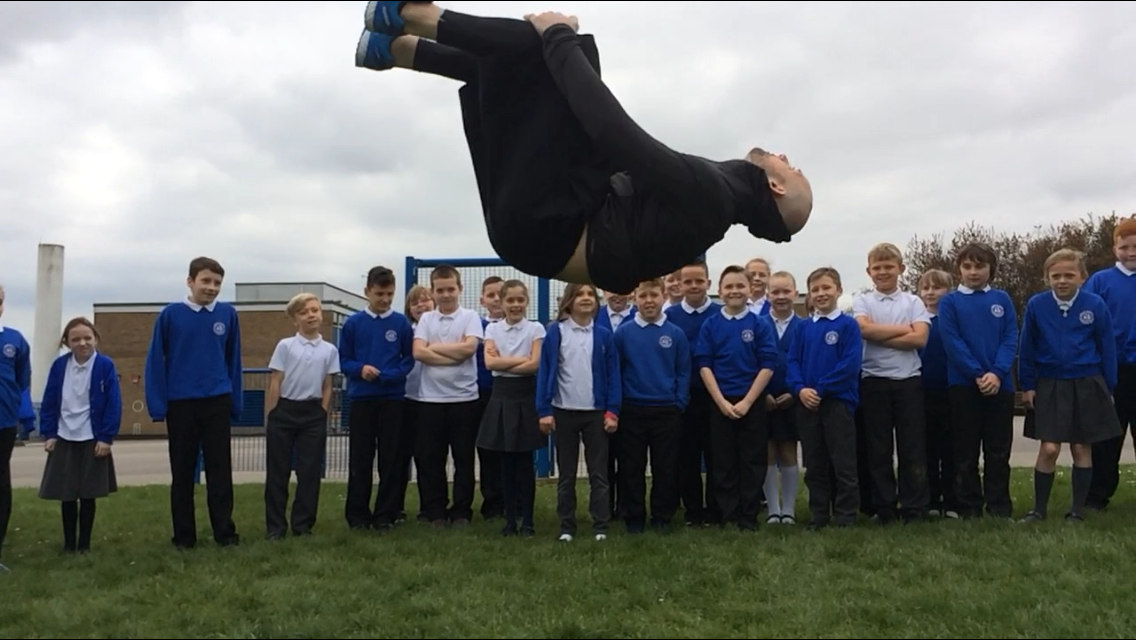
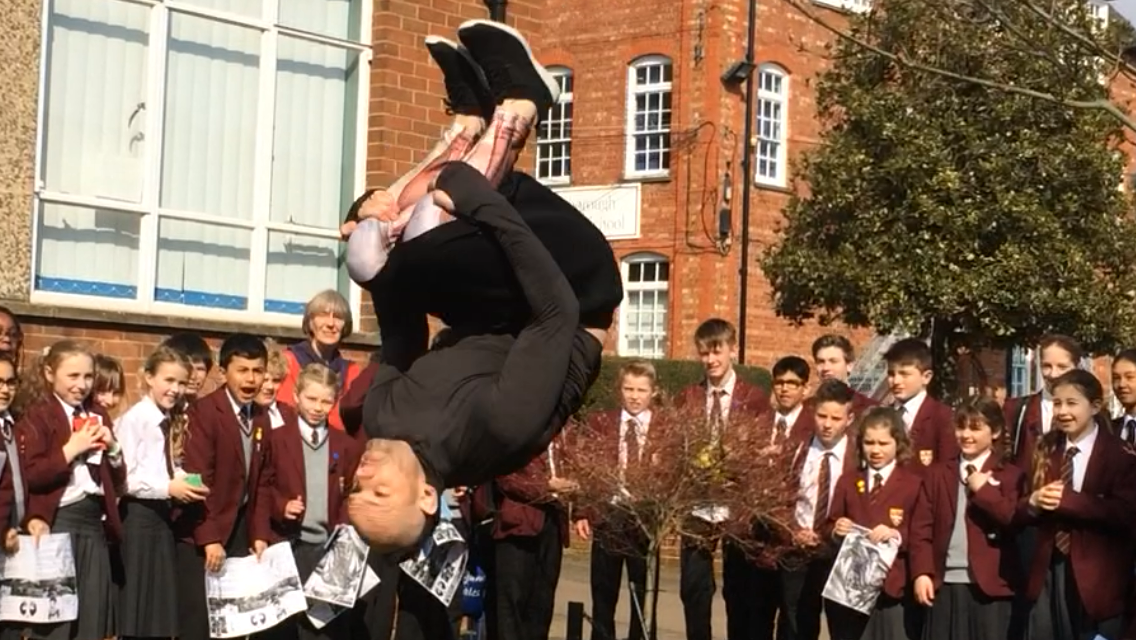
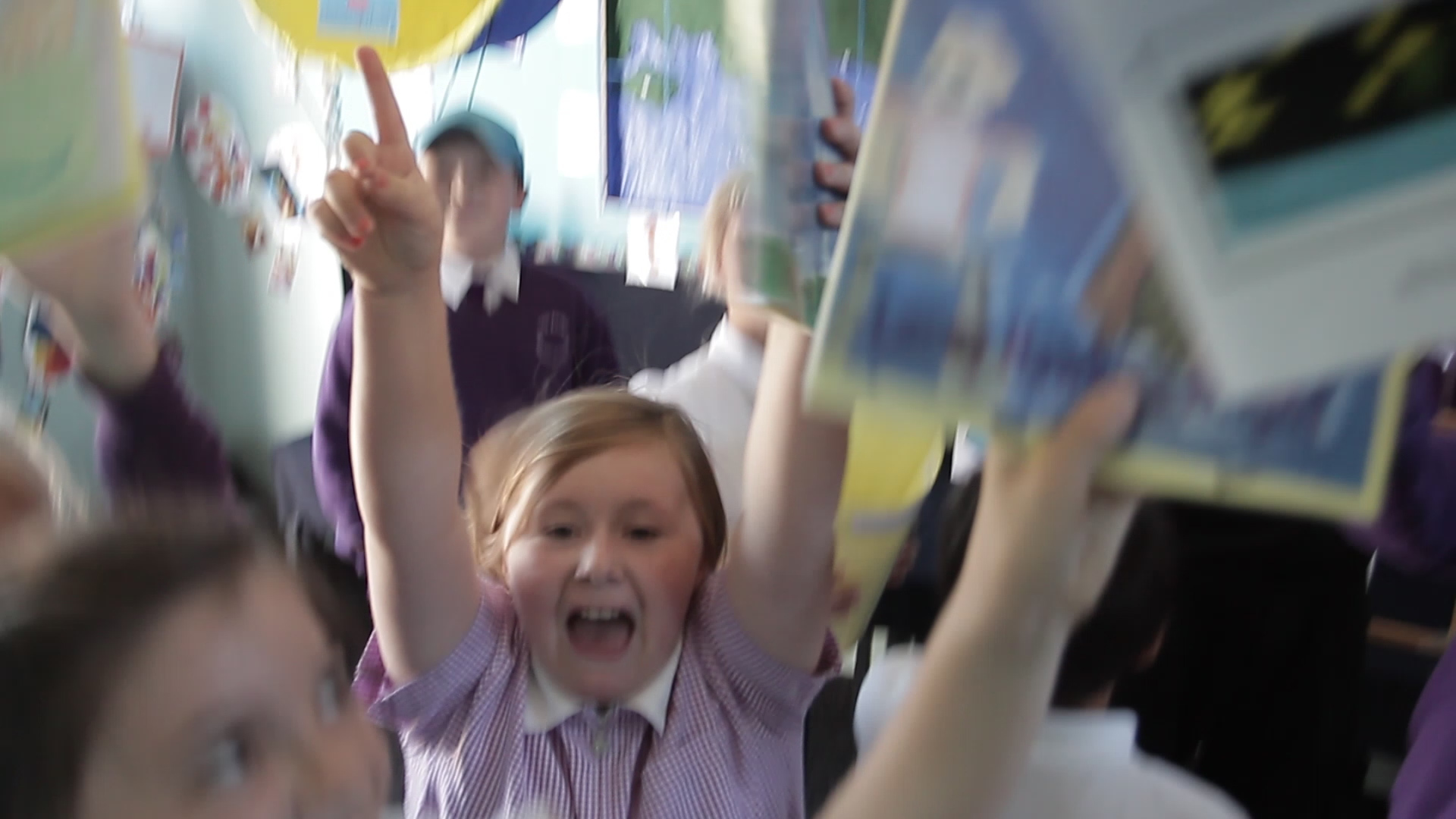
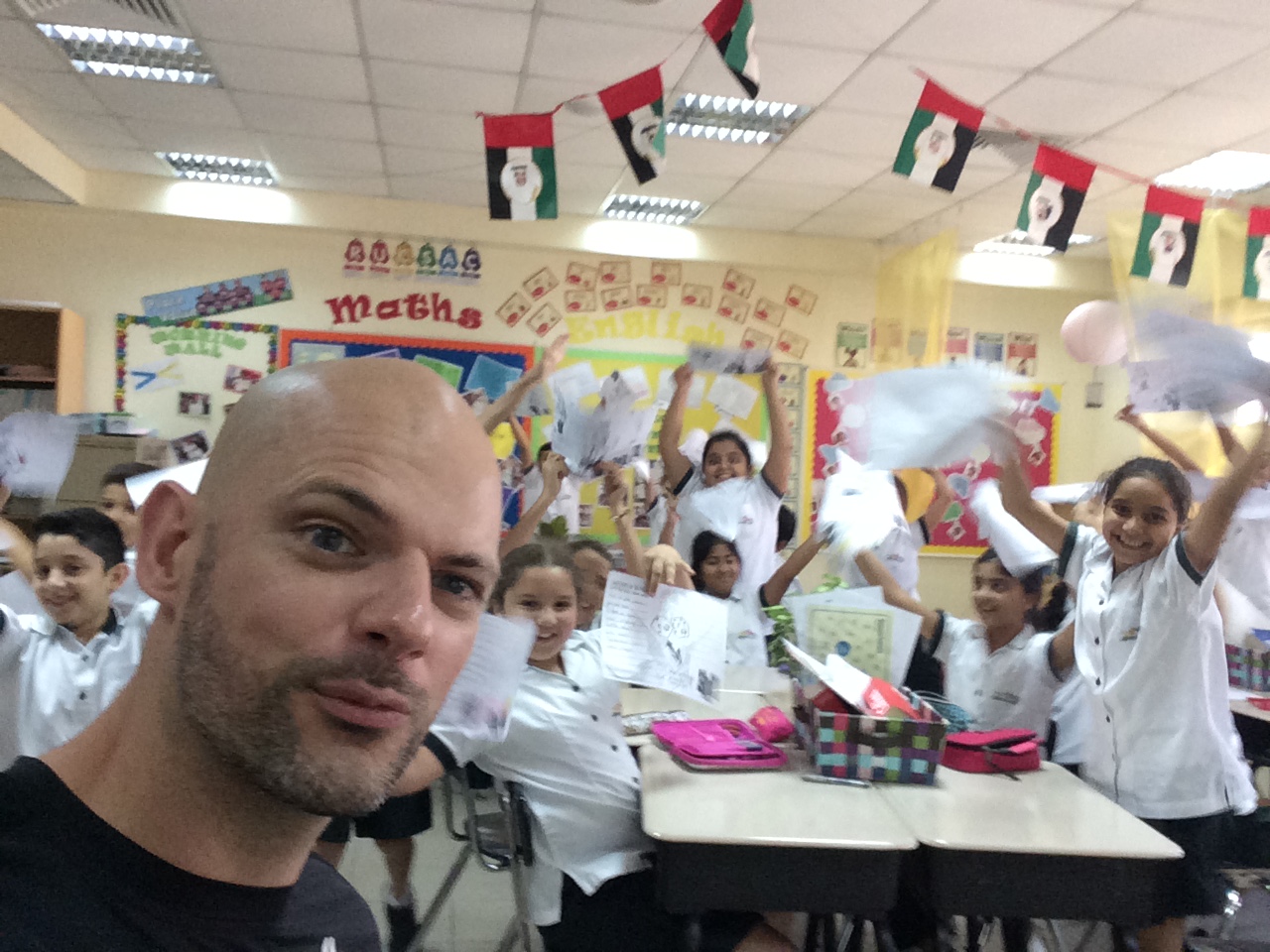
Creativity.
Give kids notebooks where they can create their stories with no rules and no boundaries.
Anna Wilson
@acwilsonwriter
When I do author visits to schools – I always stress how much fun it is to write your own stories. It’s a great way in to get kids reading.
Stan Cullimore
@stancullimore
Encourage them to research and write their own books and they’ll love reading them to each other.
Catherine Barr
@catherine_barr
Look at a creative whole school and cross-curriculum project that can be inspired by reading. The Baird Primary Academy’s #CreativityTakesFlight project saw students send a book into space resulting in a 24% increase in the school literacy (superstars)!
Marcus Alexander
Access to Books.
Make books a way of life – all books – picture books, comic books, factual books, story books should be made accessible and inviting.
Gill Jepson
@gilljep
Make sure they have a library card.
Wendy Levingstone
Brent libs
Take ’em to library (or bookshop), share, lend and give books. Exercise the power of stories and remember that kids like fun so supply humorous books.
Andy Seed
@andyseedauthor
Comics.
Never discount Manga, especially for boys who are reluctant readers.
Eglantine Price
@JennyLeeTong
Comics are a great way to get reluctant readers into stories – it worked for me when I was a kid.
Niel Bushnell
@NielBushnell
COMICS COMICS COMICS GRAPHIC NOVELS COMICS COMICS! These are absolutely legitimate books to read and don’t let anyone else tell you otherwise.
Zoe Toft
@playbythebook
I’ve never met a kid that couldn’t get into Jeff Smith’s legendary graphic novel series ‘Bone’. Get a copy for your students and while you’re at it get two copies for yourself (you know someone’s going to pinch your copy, having a backup will mean you don’t melt into a sobbing puddle of soppy tears at the loss…!)
Marcus Alexander
@getyourreadon
Break out the comics!
Cavan Scott
@cavanscott
Parents.
I’ve had an increase in demand to give talks to parents on the necessity of reading. If you or your school aren’t confident to inform parents that poor literacy is the greatest cause of inequality than give me a call and I’ll do it for you. (Parents always sit up straighter when a big bald and ugly man is looming over them and preaching about literacy)!
Marcus Alexander
The more a parent reads with their children every day and engage them with a love of books the better. And it doesn’t have to be just school books, it can be reading comics, reading TV magazines, reading around, reading in the shops, just read read read (with your child)!
Roz Adie
The Baird Primary School
My tip to #GetKidsReading: get parents reading alternate pages with them (especially books considered too old or scary.) And of course peer-nominated reads are a great way to encourage students to pick up books.
Jo Welch
@Jowelch14
Kids you need to challenge your grownups to read, with the agreement that you’ll read, if they read! After all, why should they be able to get away with saying ‘do as I ask, not as I do’? When we see people we respect doing something, we’re more likely to do it ourselves.
Zoe Toft
@playbythebook
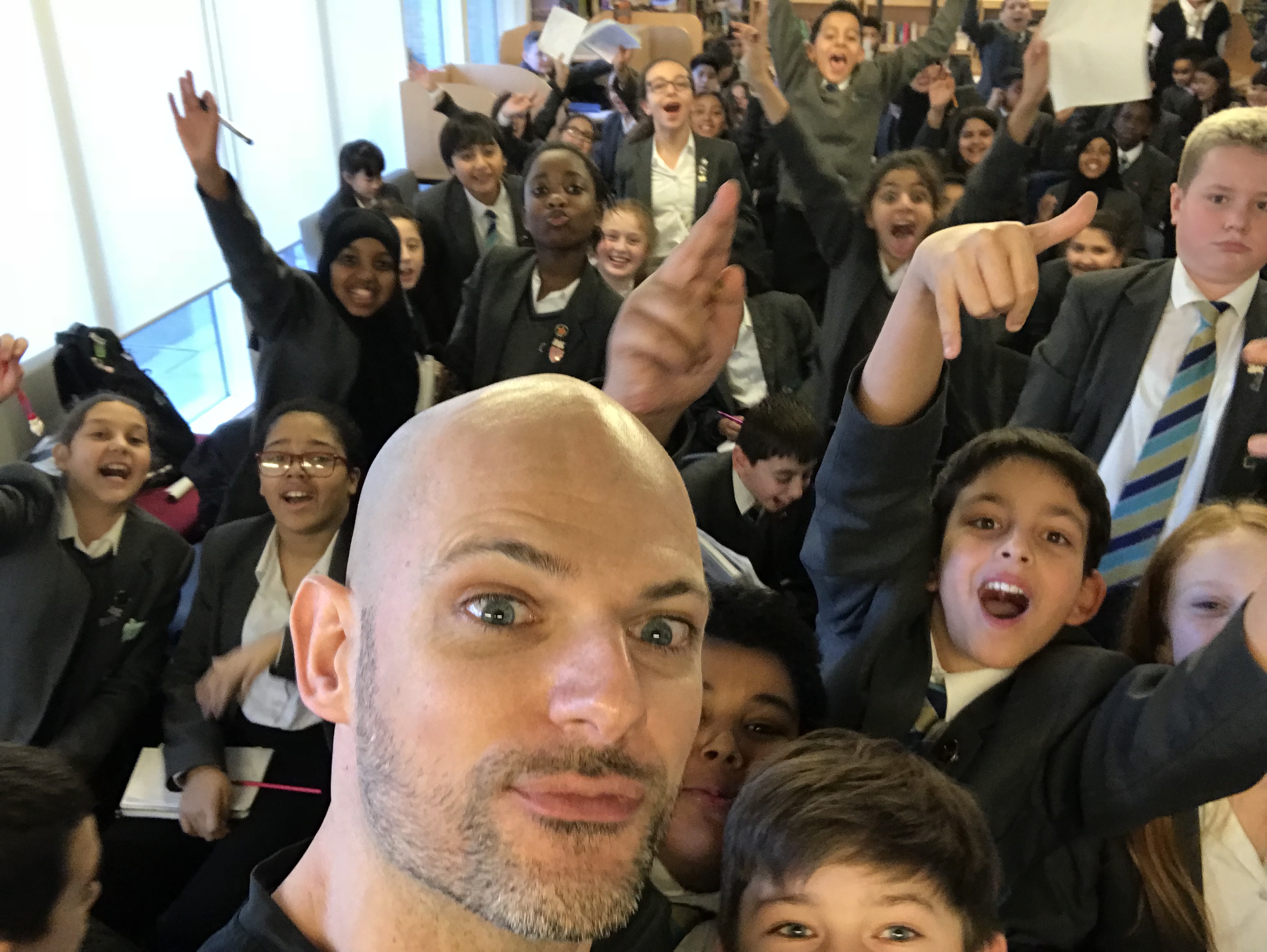
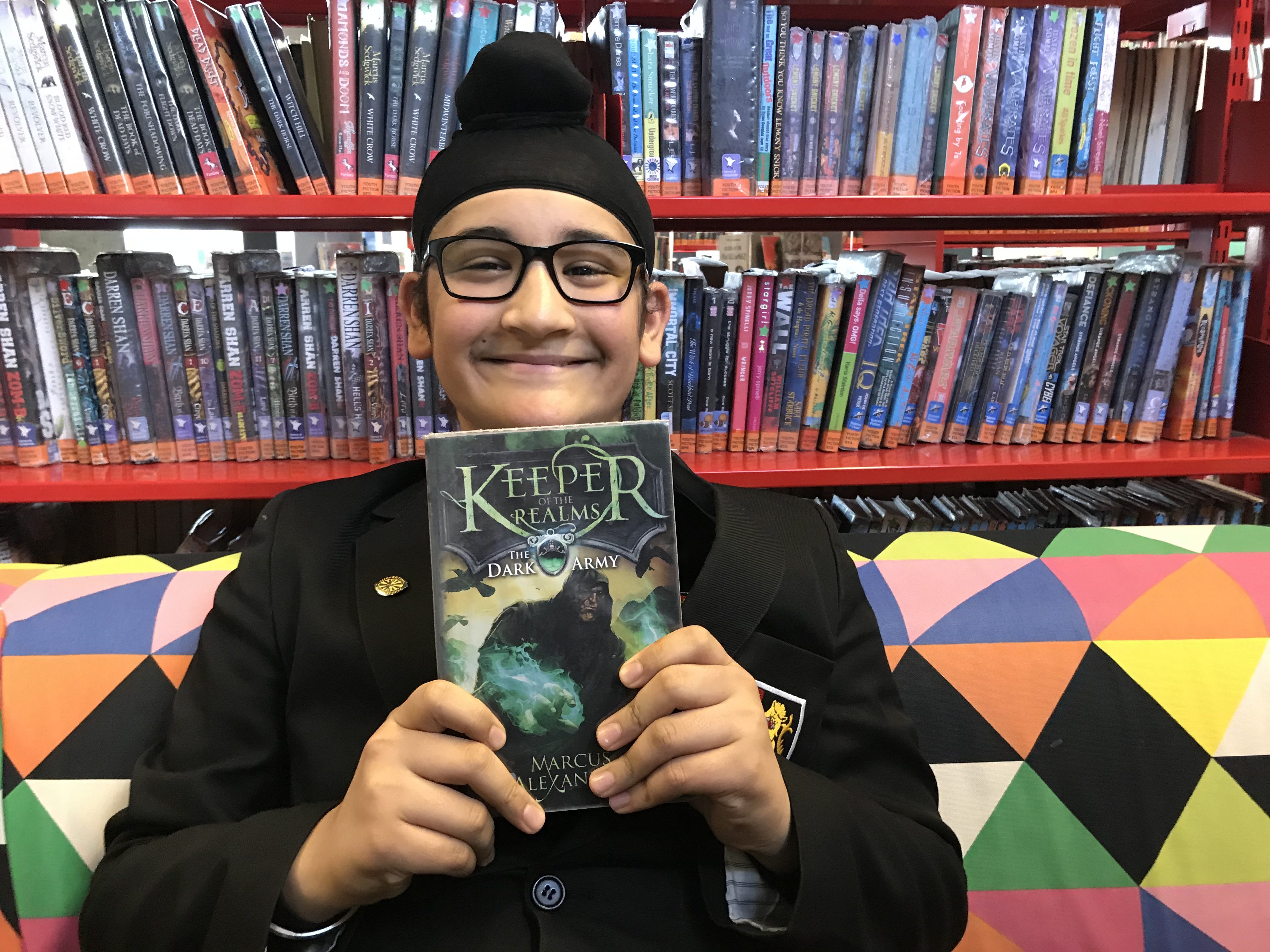
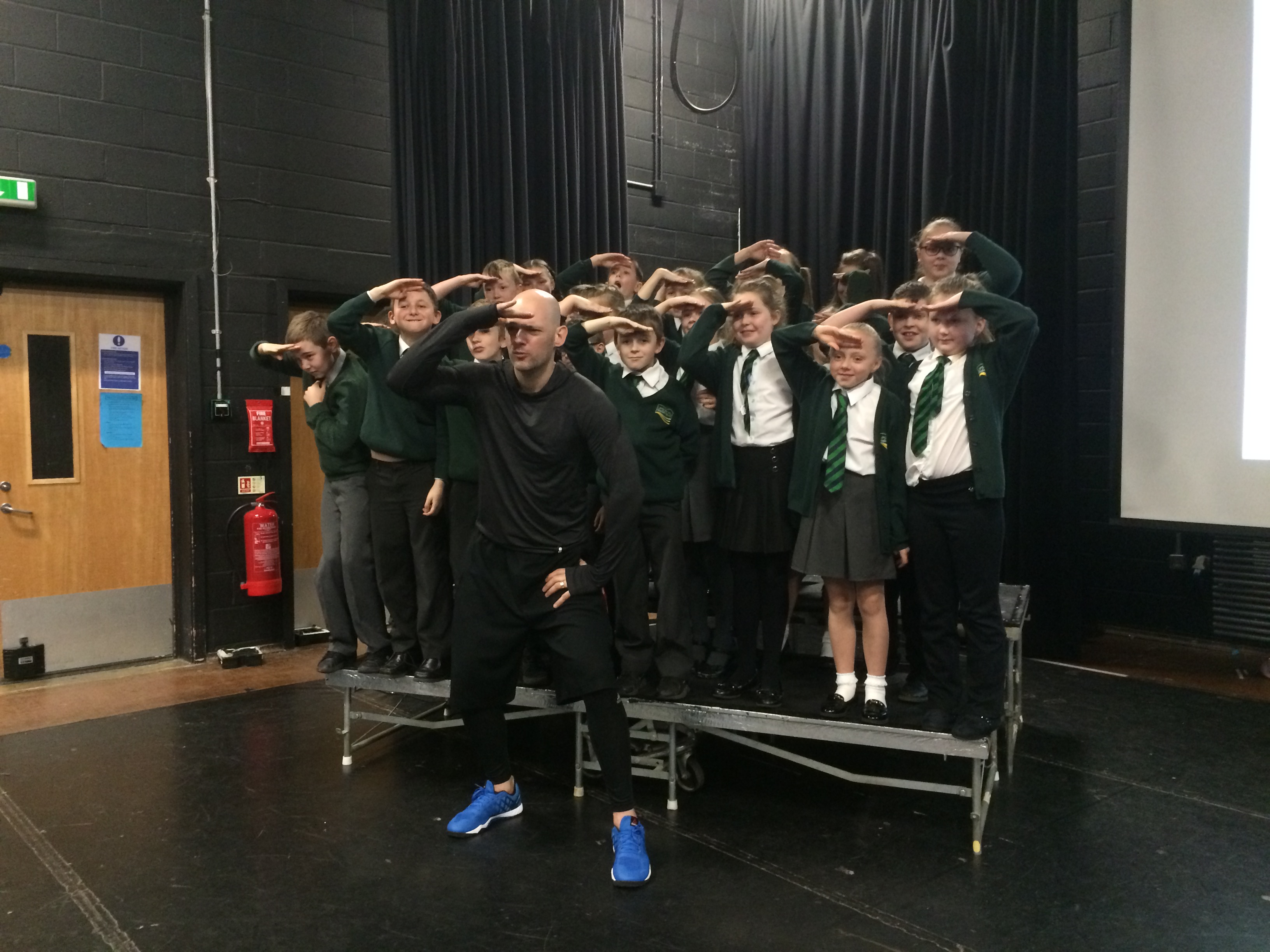

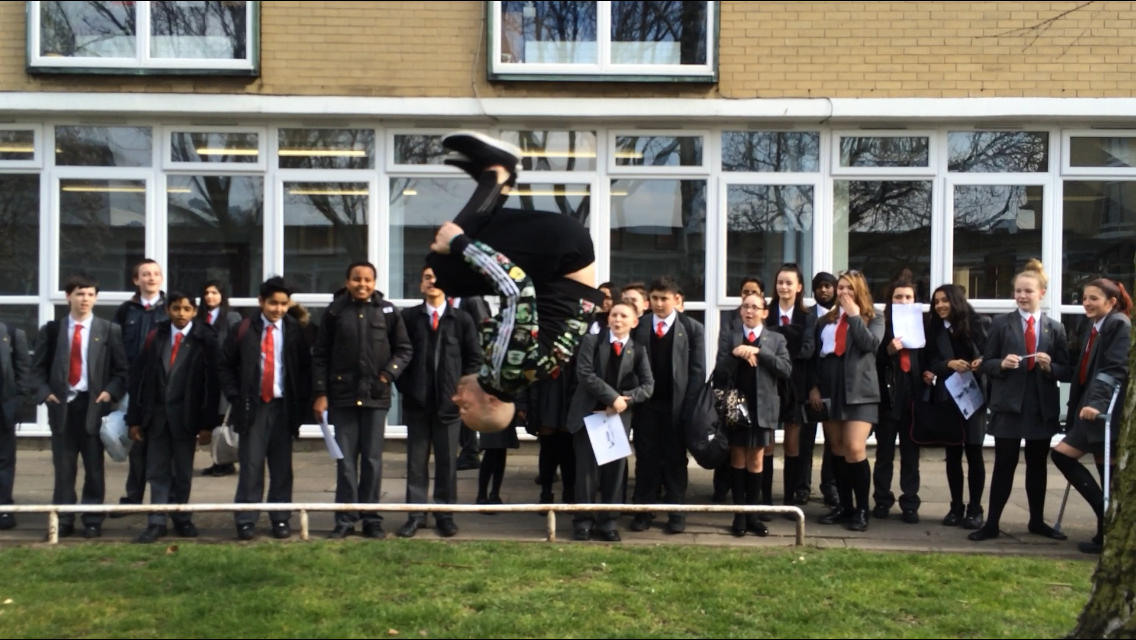
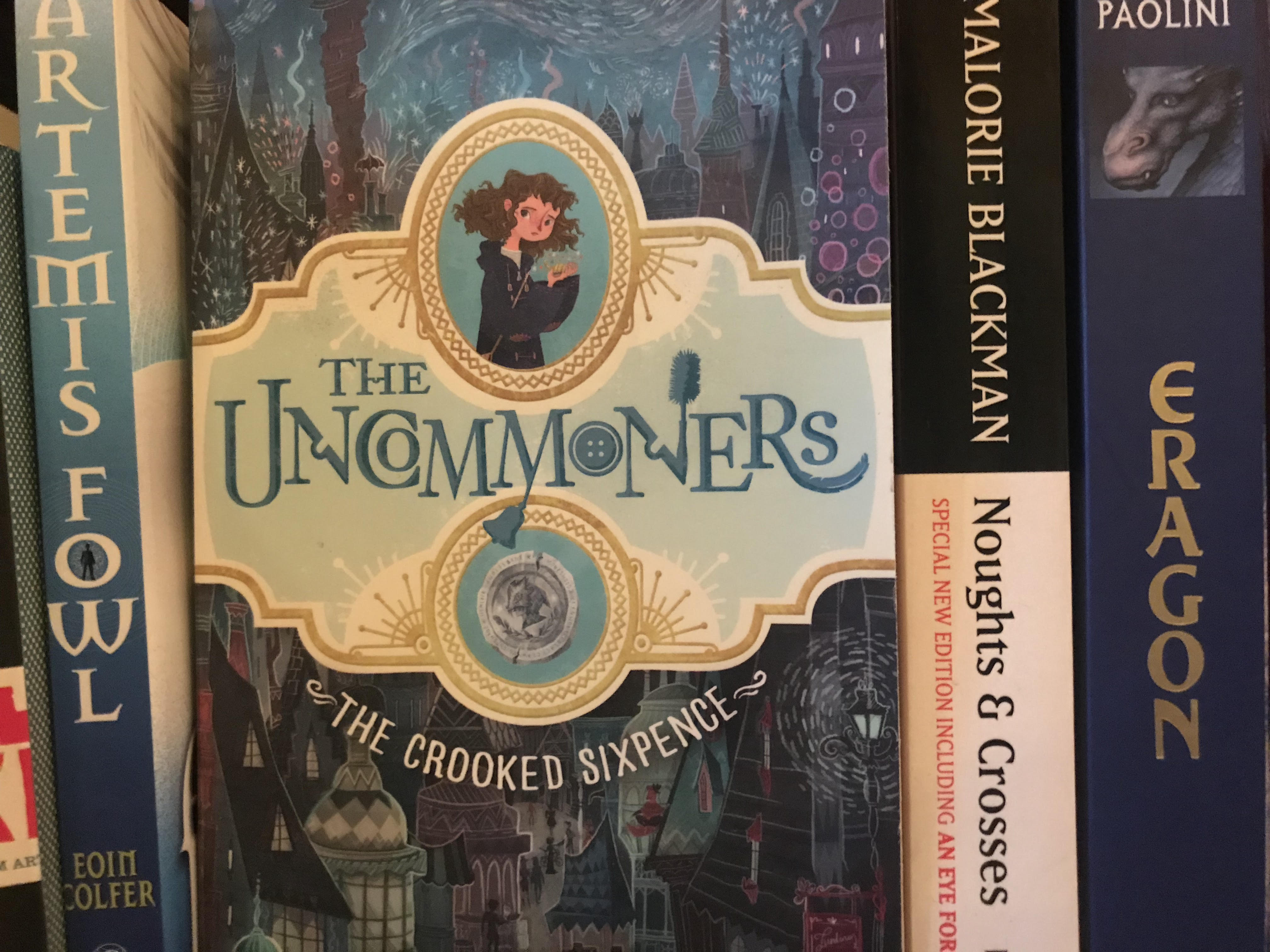
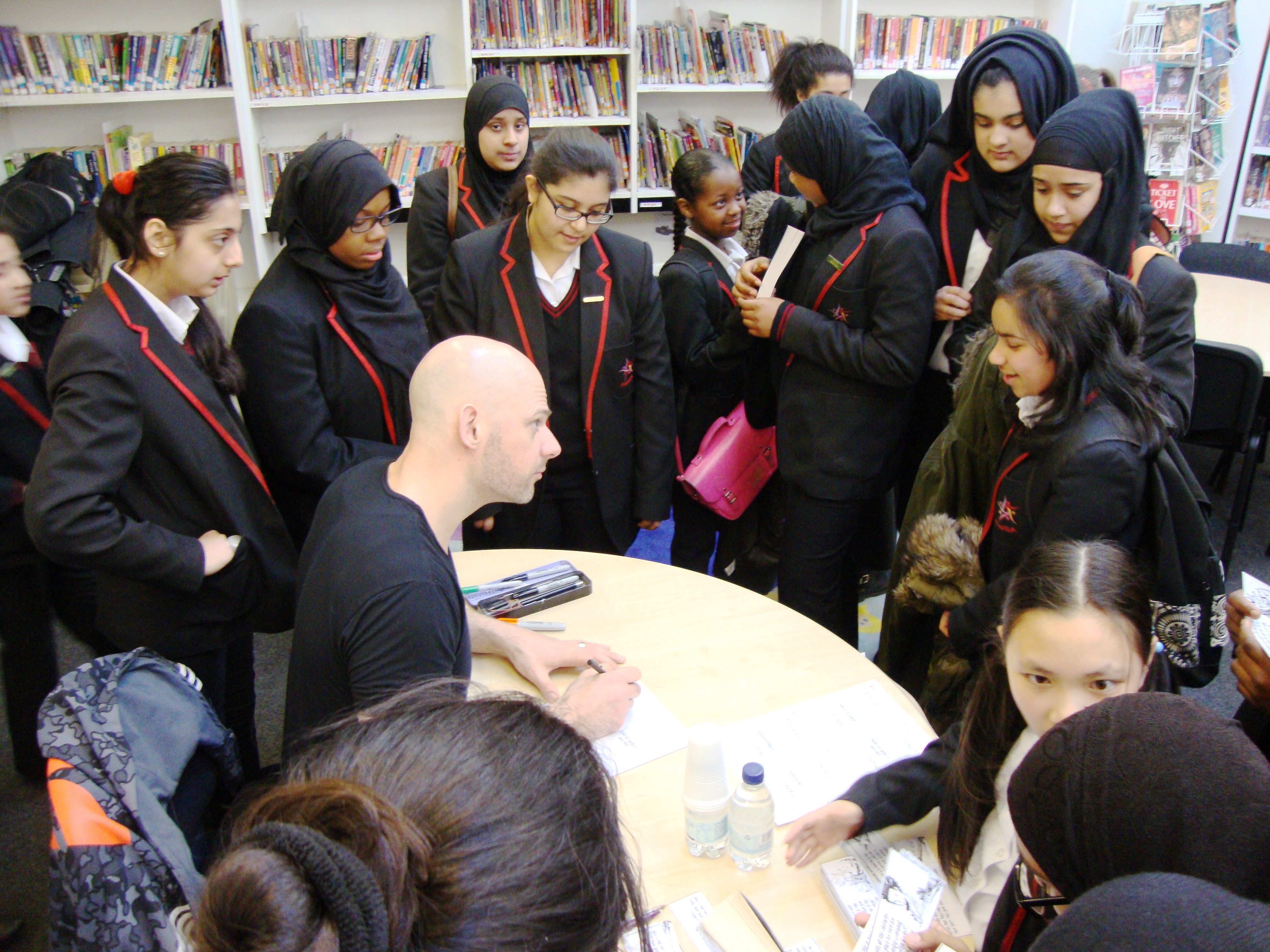
The Positive Matchmaking of a Librarian.
One of the major issues we have as a secondary school is the reading attitudes of Year 7 when they walk through the door. Too many children tell me they ‘pretended’ to read at primary school, or that their library didn’t have books they wanted to read, so they picked a book at random and sat there, hating it. We need primary schools to employ librarians, even if it is for one or 2 days a week. Librarians are fundamental. Primaries need people responsible for reading for pleasure, people who aren’t doing it as an added responsibility. That’s our biggest barrier, having collated reading questionnaire responses for 12 years.
Nikki
@libraryninja
My top tip is a very simple one: talking. Talking to students about what they are interested in, then finding books that match their interests is the single most successful strategy that I have. Talking to someone is still the best form of social networking.
Sue Connell
Lister Community School
Having enough library staff to not only support children and find them books but also to listen to the children is essential.
Wendy Levingstone
Brent libs
Find the right book for each kid. Be a book matchmaker. It’s about what sparks their imaginations, not what they ‘should’ read.
Sara Grant
@AuthorSaraGrant
I have also used Flipgrid and discussion boards as alternative ways to get kids to learn about books in private, in case they are still worried about being labelled as a book lover. My school promotes personal choice, so I spend lots of lots of time in my day conferencing and standing at the bookshelves playing matchmaker. I get to know them and what a student likes, so as they finish a book, I can covertly move them up a reading ladder towards similar but more complex text.
Melinda Kramm
@MelindaKramm
Ask a librarian for ideas.
Jon Mayhew
@MayhewJ
Engaging with your Students.
Talk to students about what they’re reading. Show a genuine interest in what they’ve chosen and why (this is easy for librarians to do and we just love to see our students reading).
Talk to them about what you’re reading, why you chose it and what you think about it. Again, easy for librarians to do as we just love talking about books and reading! I always started my library lessons by sharing what I’m reading (I often mention interesting articles I’ve read in magazines or online – sending that message that the medium isn’t important, it’s the reading that matters).
Barbara Band
@bcb567
Reading is a habit, so ask kids WHEN they read. WHEN is more important than WHAT.
Joe Craig
@joecraiguk
Talk to students about reading and books – if you show a genuine interest in their reading tastes they will respond.
Also:
recommend books.
make connections between reading and other things children do in their lives – gaming and sport for example.
embrace new technologies and take advantage of the e-book revolution. (Technology makes everything seem cool and more engaging to students. Use this to introduce them to books they may otherwise ignore.)
Debbie Kennedy
Wilmington Academy
I do talks on different genres and read extracts from them e.g Biographies of famous people (who are still alive!), poetry (Pam Ayres) Greek myths (Echo and Narcissus) good for the selfie generation!
Kathryn Clark
John Colet School
My top tip to #GetKidsReading is to model it! Read, let them see you read, be passionate about books and reading. Also recommend what you’ve read and like.
Gael Williams
Guru Nanak Sikh Academy
Send them a book review and ask them to send one back to you. Also consider:
tweeting a video review,
book quiz competitions,
Sending them a list of your favourite books.
Conrad Burdekin
@conradburdekin

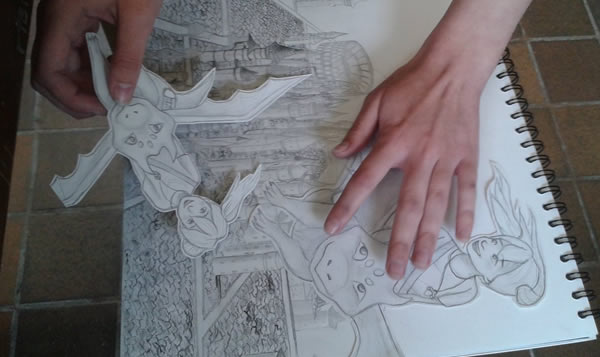



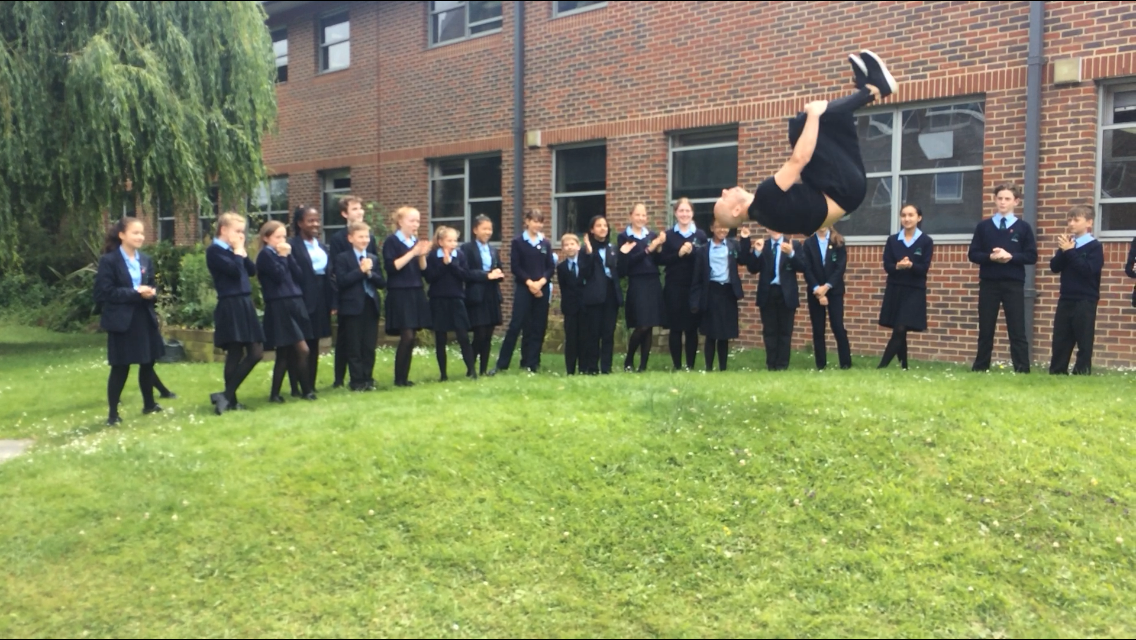

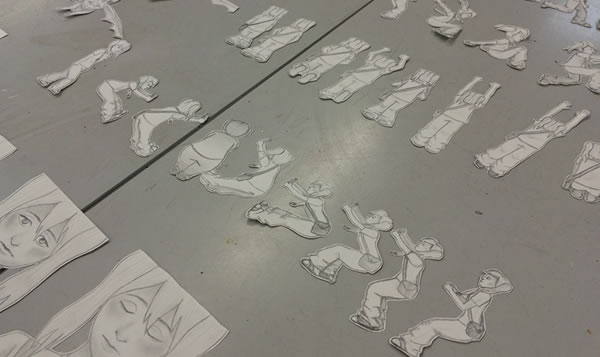
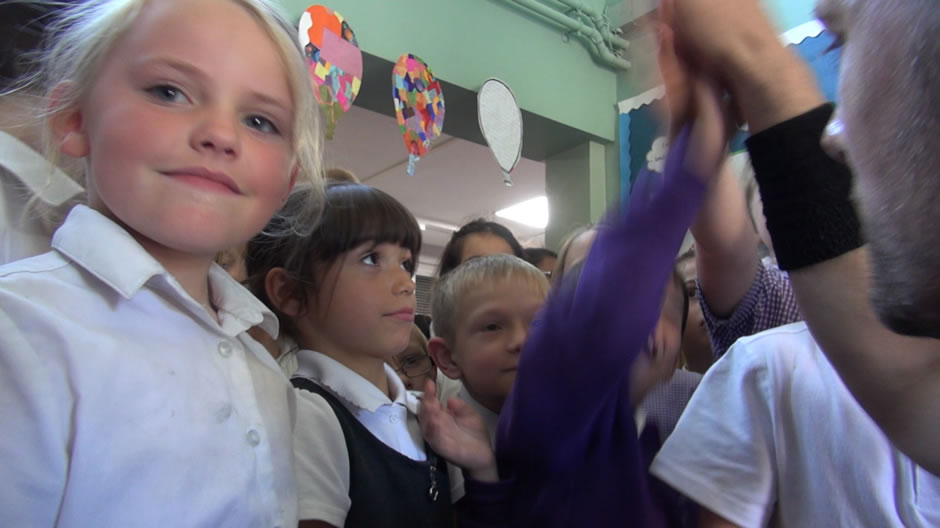
Give Them Inspiration.
Gets authors into schools.
Anna Wilson
@acwilsonwriter
My top tip to #GetKidsReading would be to connect them to the authors they love either in person or virtually and to make reading fun and exciting through interesting and engaging programs.
Lucas Maxwell
Glenthorne High School
Having inspiring authors and positive role models visit.
Wendy Levingstone
Brent libs
Culture.
Create a whole school reading culture:
create bookswap boxes,
allocate a playground reading hut,
show films based on books,
dramatise a book,
create reading clubs,
allocate times for reading picnics and library visits.
Cathy Cassidy
@cathycassidyxx
Show the kids in your life your love of books. Read to them and with them. Talk about books and read lots of different stories to them.
Sara Grant
@AuthorSaraGrant
Model reading through:
staff seen reading in school,
DEAR time (Drop Everything and Read) at the start of lessons to settle children in class and help raise the profile of the importance of reading.
Debbie Kennedy
Wilmington Academy
You need school staff to talk about reading with students so that it becomes part of the secondary school culture, not just for ‘geeks’. Reading needs to be talked about in assemblies and in lessons. Recommendations should be displayed and reading groups put into place. Many schools have ‘I am reading’ posters for staff, but we need staff to be role models.
Nikki
@libraryninja
In addition to books on shelves I try to leave all sorts of reading material lying around (on library tables, on low tables, on shelves, everywhere not just arranged normally on the shelves). Examples are:
style magazines,
career magazines,
The Big Issue,
articles on current issues e.g. plastics,
books of records e.g. Guinness, Ripley’s etc.
Kathryn Clark
John Colet School
Have plenty of reading materials around: magazines, blogs, manuals, annuals, audio books, poetry, joke books, graphic novels (and appropriate books too of course) but make sure you model reading yourself! Reading should never be a chore so if a child does not want to read a whole book, give them extracts, articles and short pithy things to read instead or alternatively allow them to listen to audio books. They’ll soon find a genre or author they enjoy and then, ta-dah! books into hands!
Alexandra Maycock
Best Bedfordshire Schools Trust
Make it fun, make it special, make it for everyone!
Ally Sherrick
@ally_sherrick
- READING KEEPS YOUR BRAIN NIMBLE.
- IF PEOPLE READ MORE MAYBE SOCIAL MEDIA WOULDN’T BE SO STUPID.
- READERS ARE BETTER AT SPOTTING FAKE NEWS.
- GAMING HYPES YOU BUT READING RELAXES YOU.
- YOU CAN UNDERSTAND YOUR OWN MISTAKES WHEN YOU READ ABOUT OTHERS’.
- WHEN YOU’RE NOT HAPPY AT SCHOOL READING CAN TAKE YOU AWAY FROM IT ALL.
- READING ALLOWS YOU TO LEARN ABOUT YOUR HISTORY.
- IF YOU READ YOU CAN LEARN ABOUT ALL THE RELIGIONS OF THE WORLD.
- WHEN YOU READ YOU FORGET HOW STRESSED YOU WERE.
- READING MAKES YOU OPEN-MINDED.
- BOOKS ALLOW YOU TO LEARN ABOUT OTHER CULTURES; WHICH WILL MAKE YOU LESS LIKELY TO BE RACIST.
- READING CAN EXPAND YOUR VOCABULARY.
- BOOKS CONTAIN KNOWLEDGE FROM THE PAST.
- READING EXPANDS YOUR IMAGINATION.
- YOUR BRAIN GOES DULL IF YOU DON’T READ.
- READING OPENS YOU TO NEW WORLDS.
- READING ALLOWS YOU TO OVERCOME WRITER’S BLOCK.
- BOOKS CONTAIN HIDDEN INSPIRATION.
- READING REFRESHES YOUR OUTLOOK AT LIFE.
- BOOKS CAN MAKE YOU BETTER WITH YOUR MONEY.
- BOOKS ARE IDEA FARMS.
Complete list available on the Reasons to Read page!


